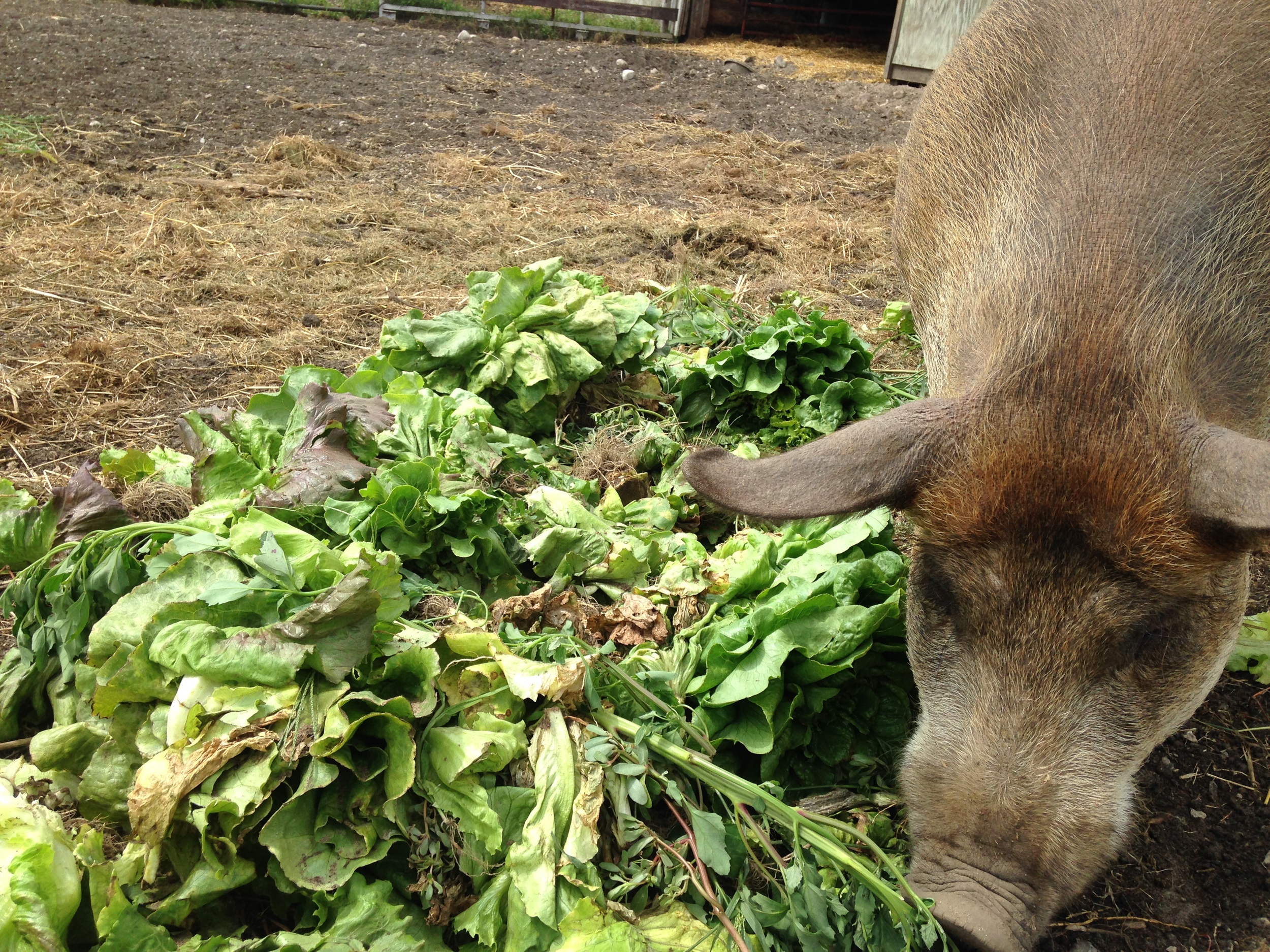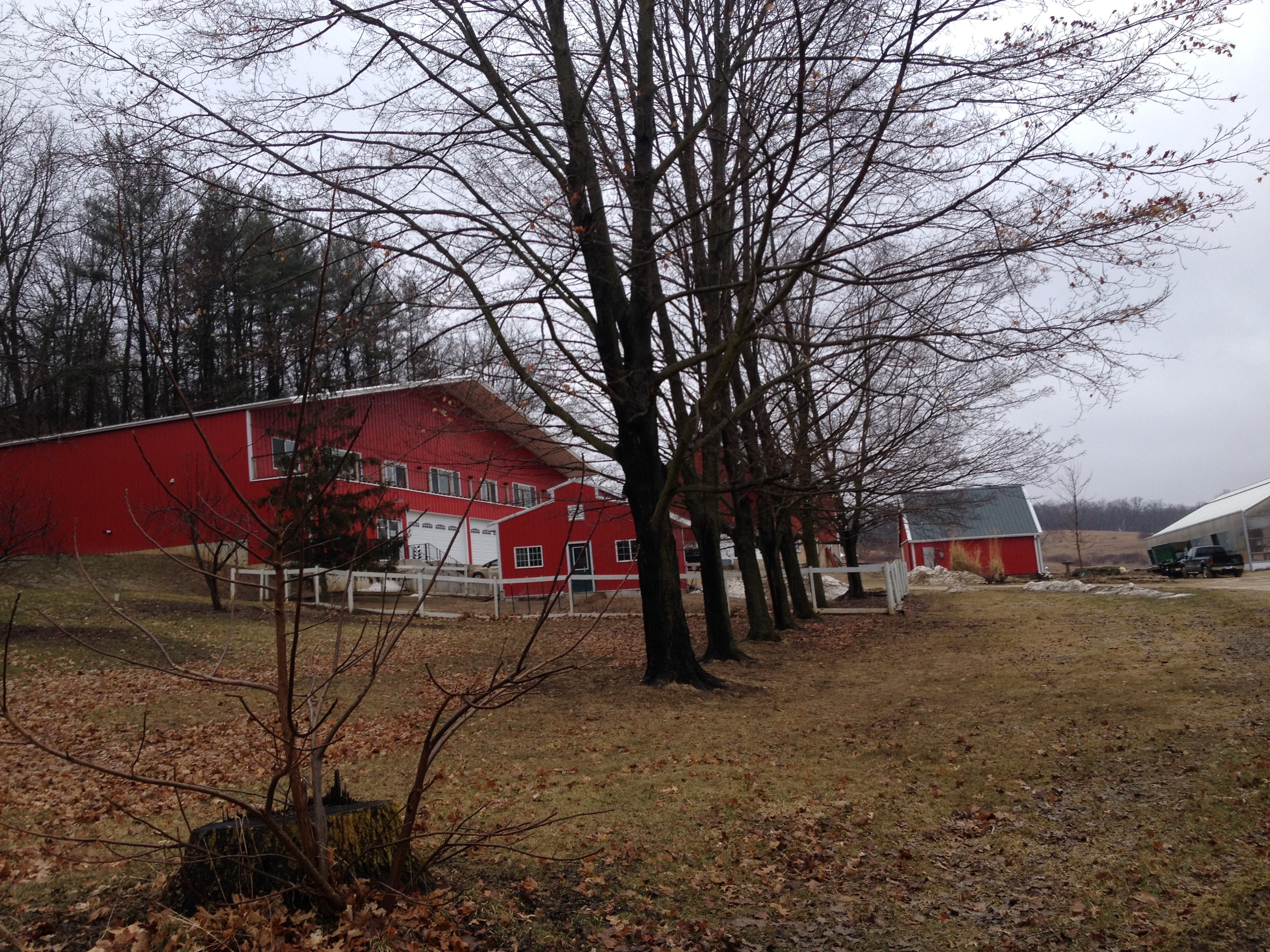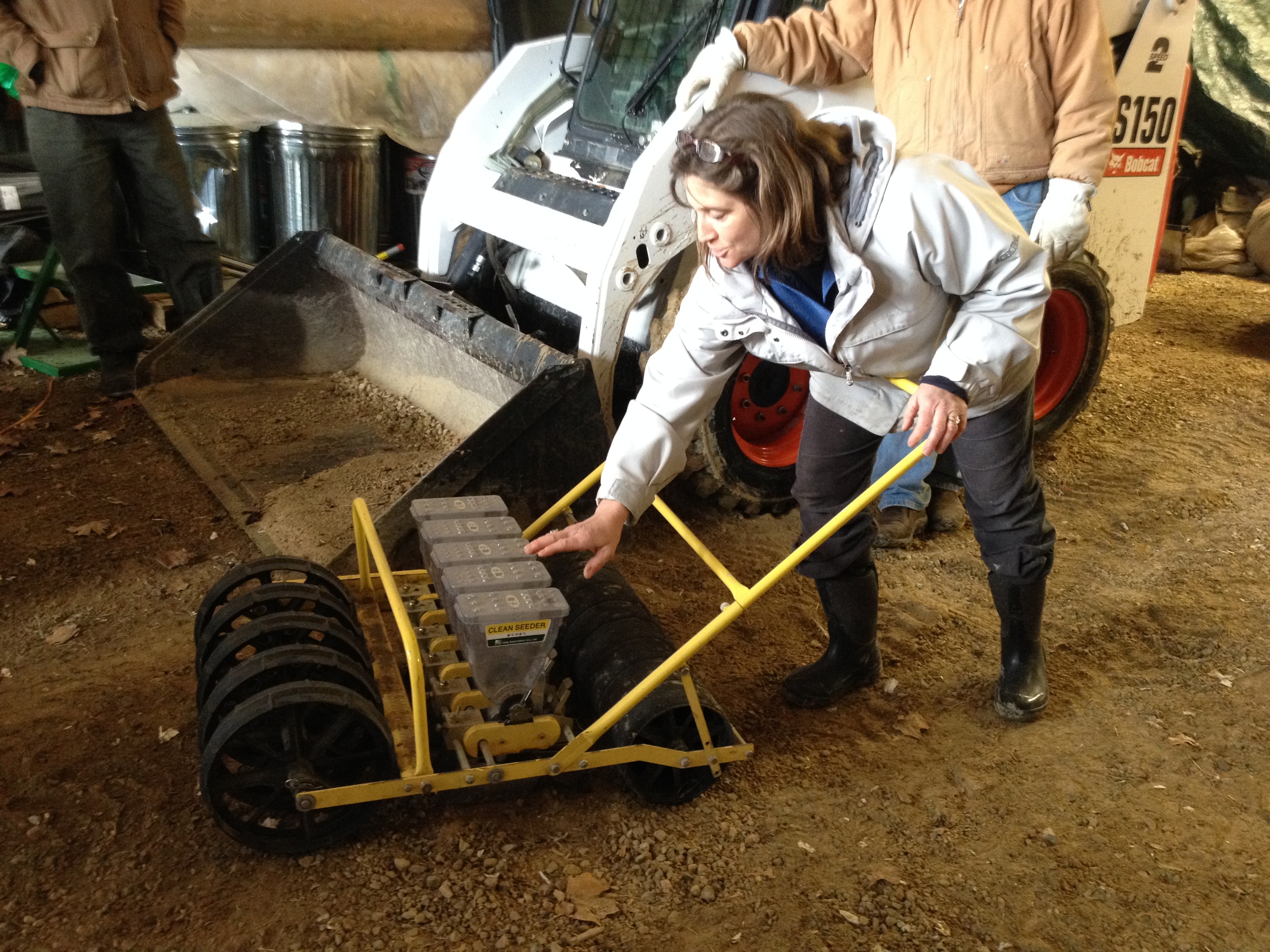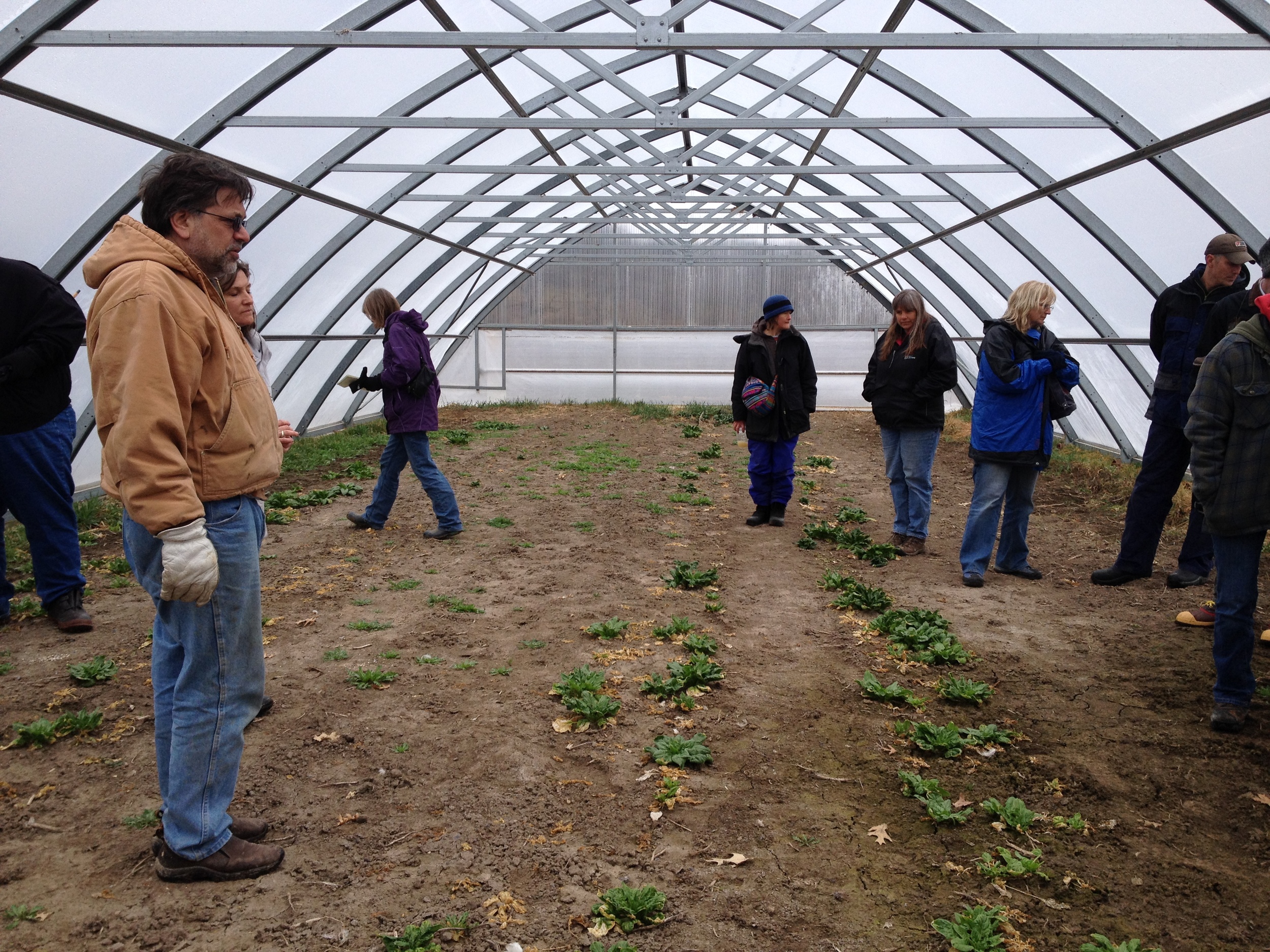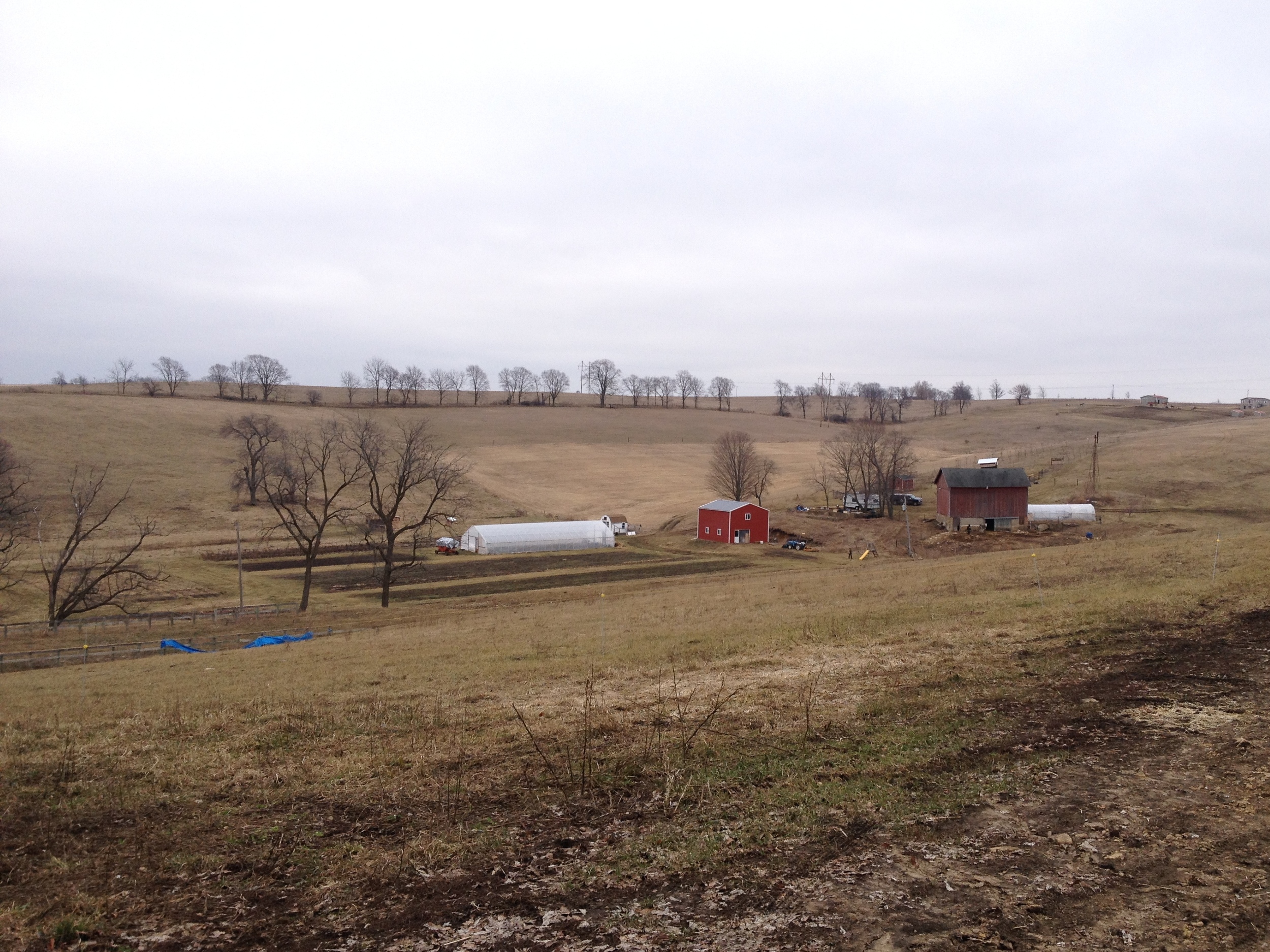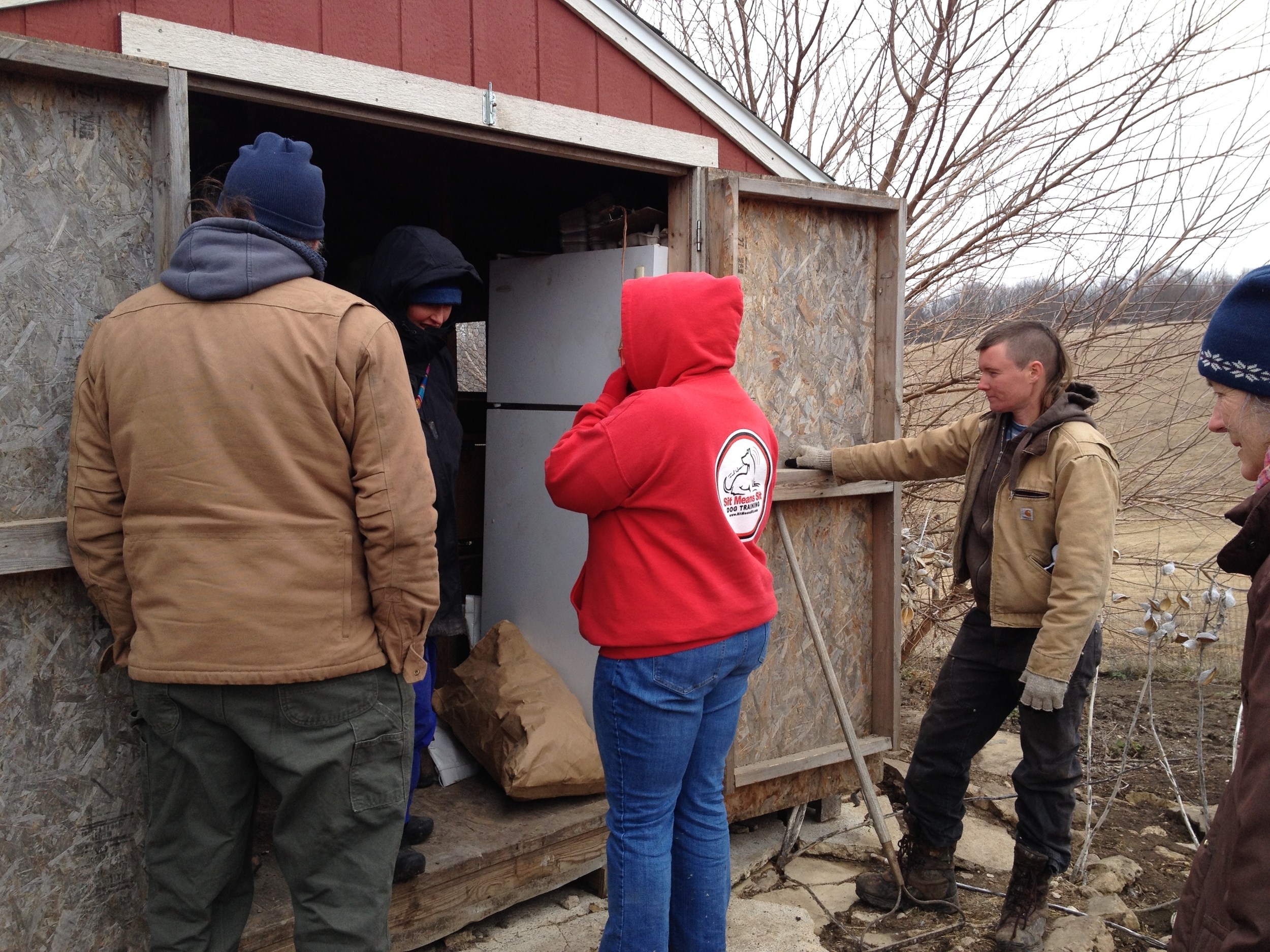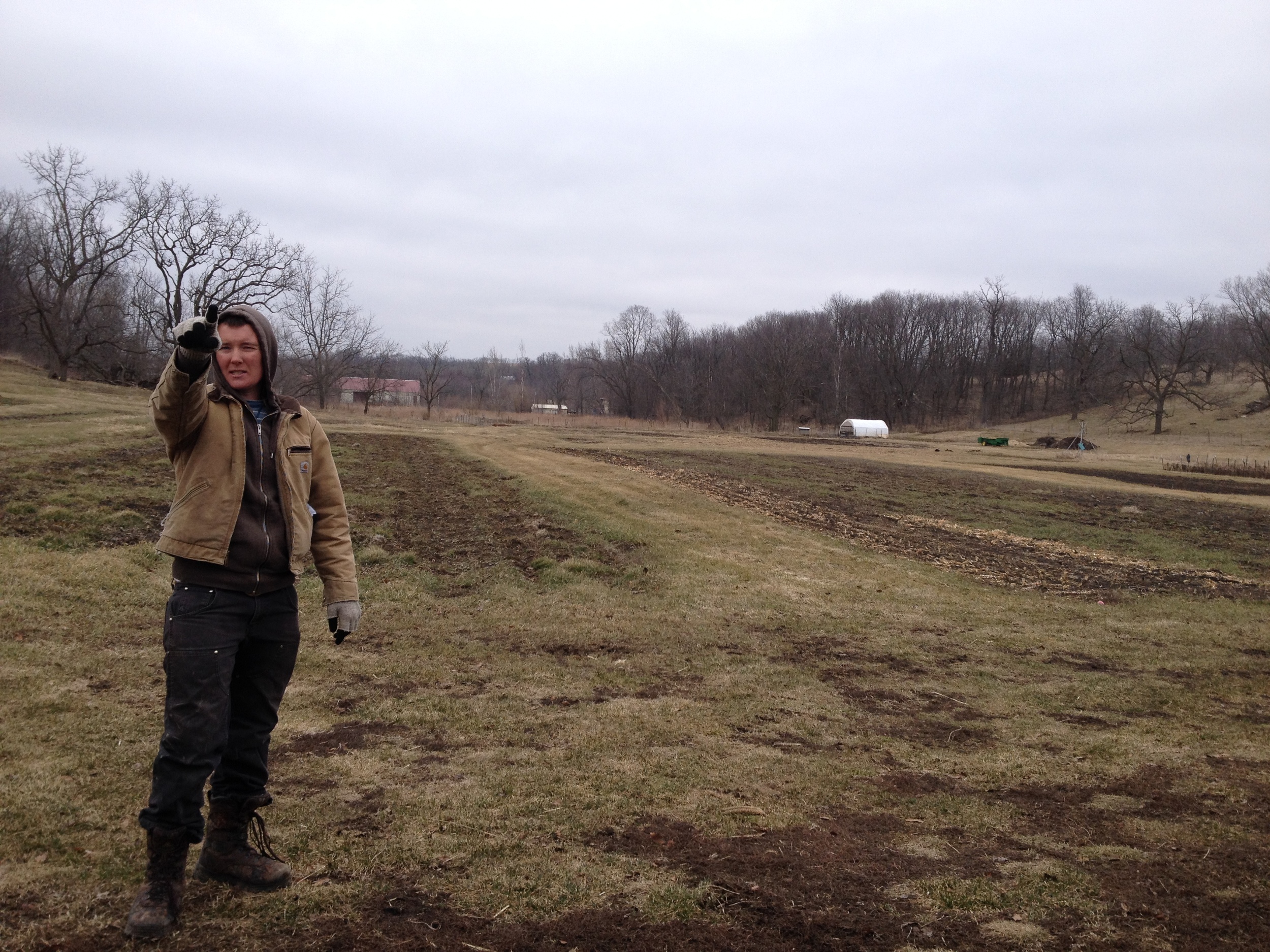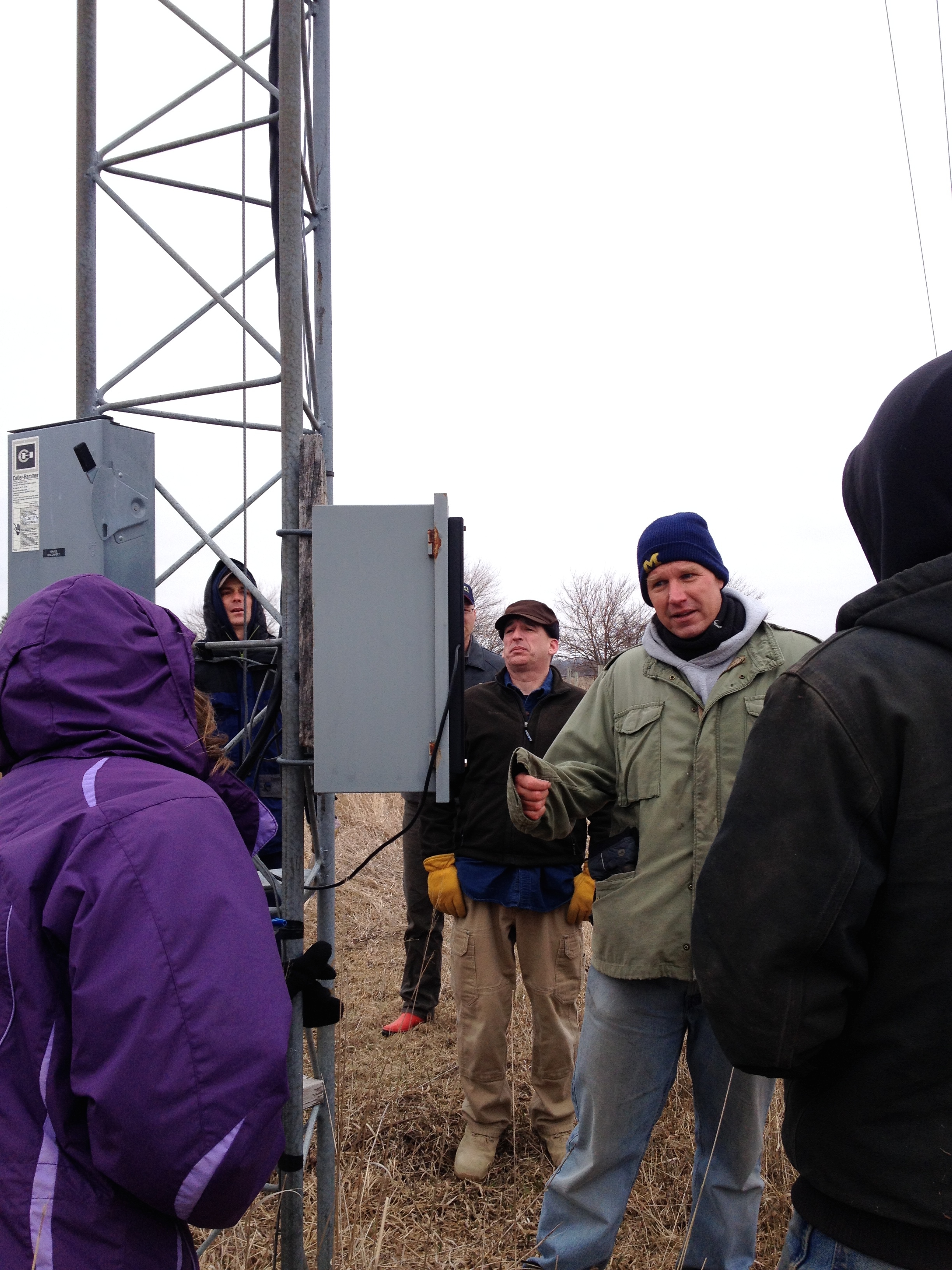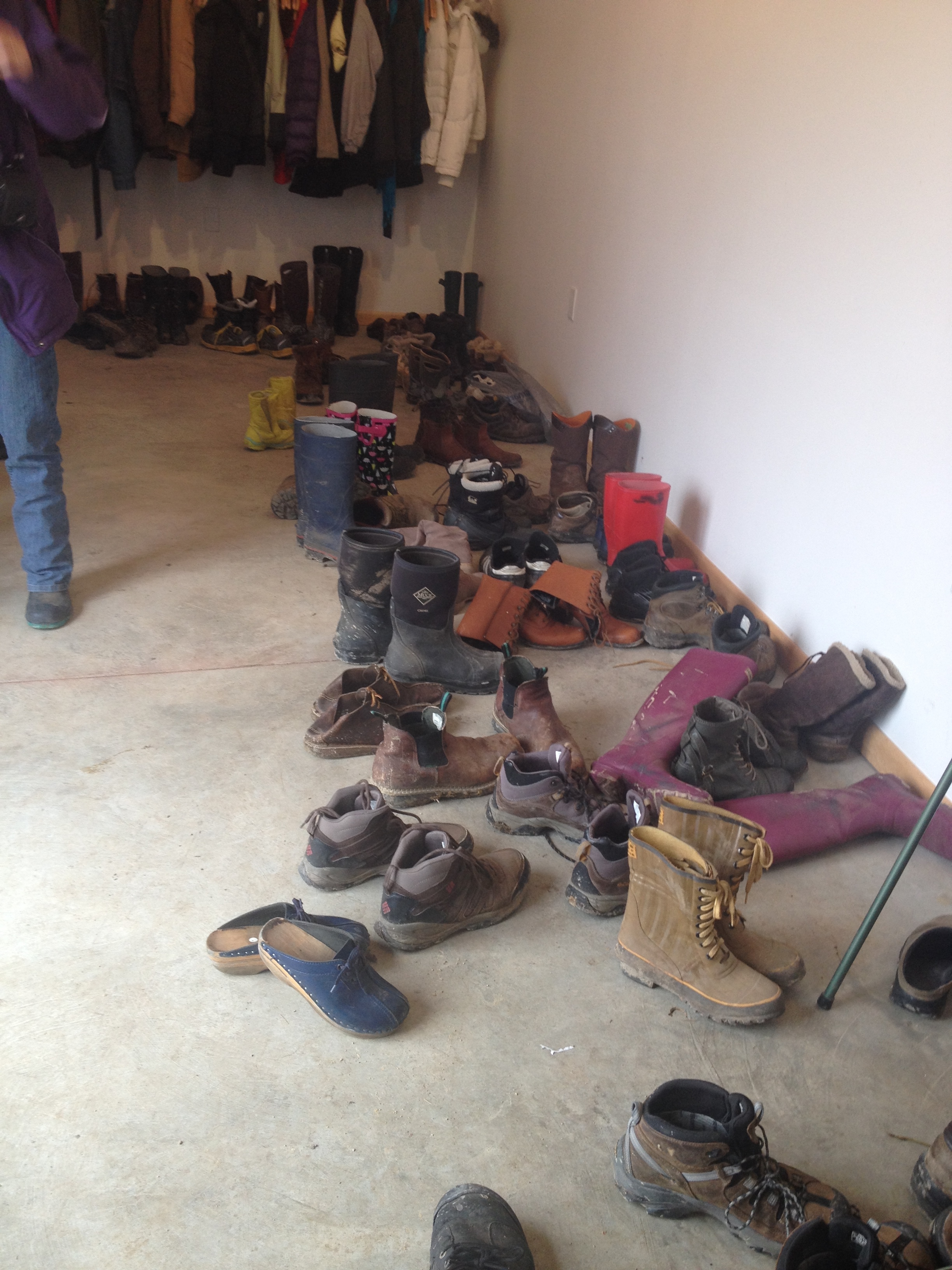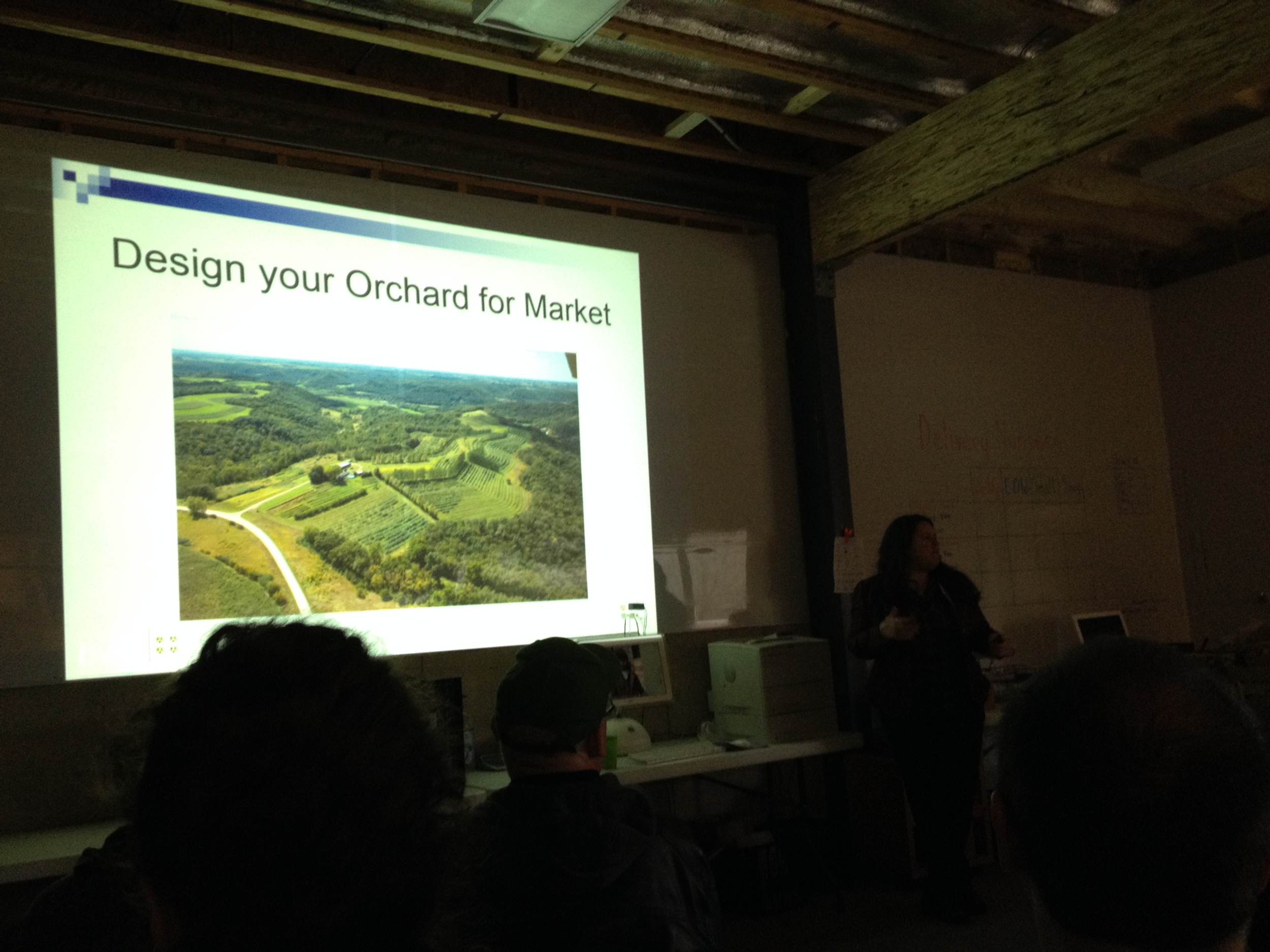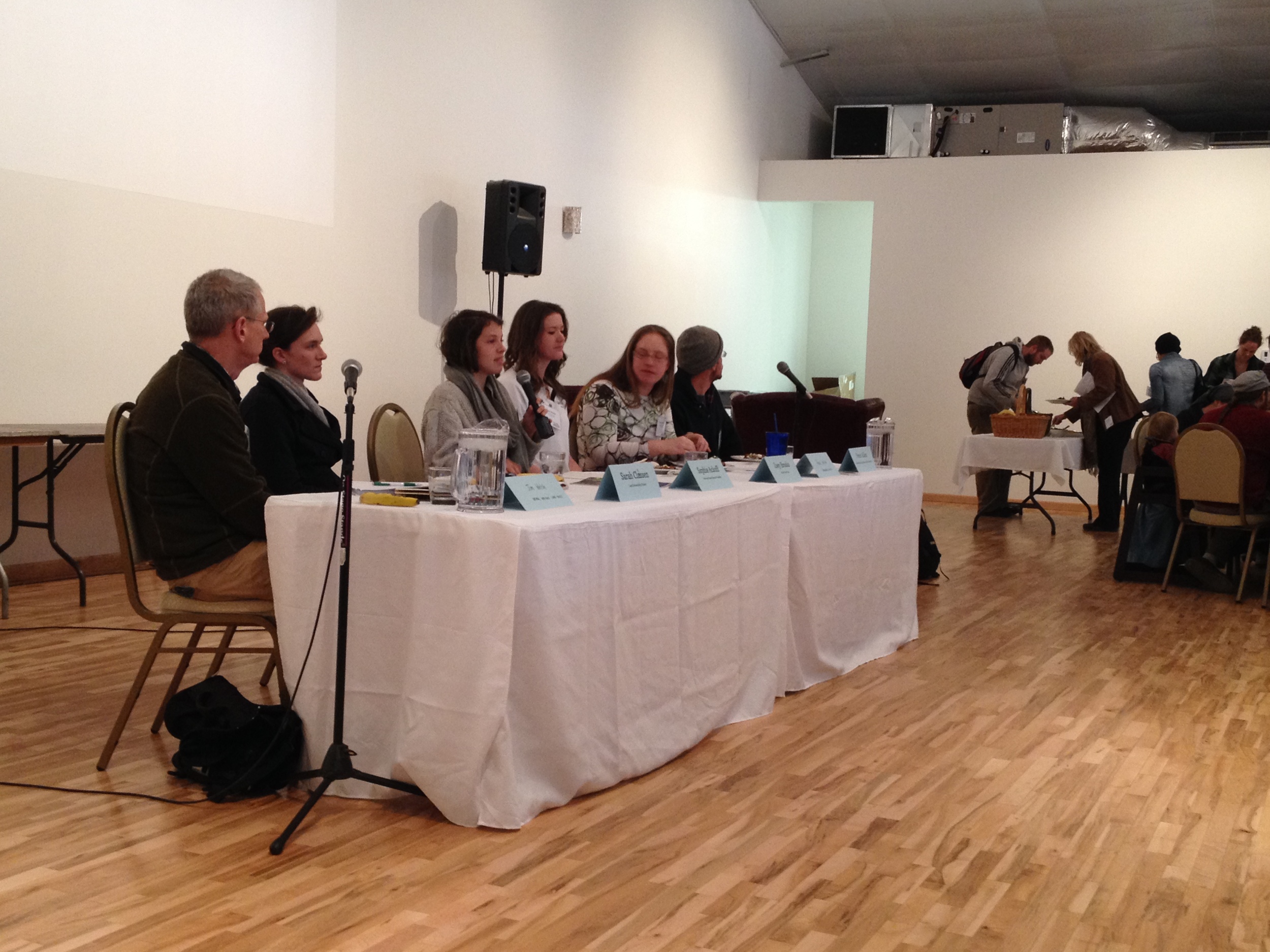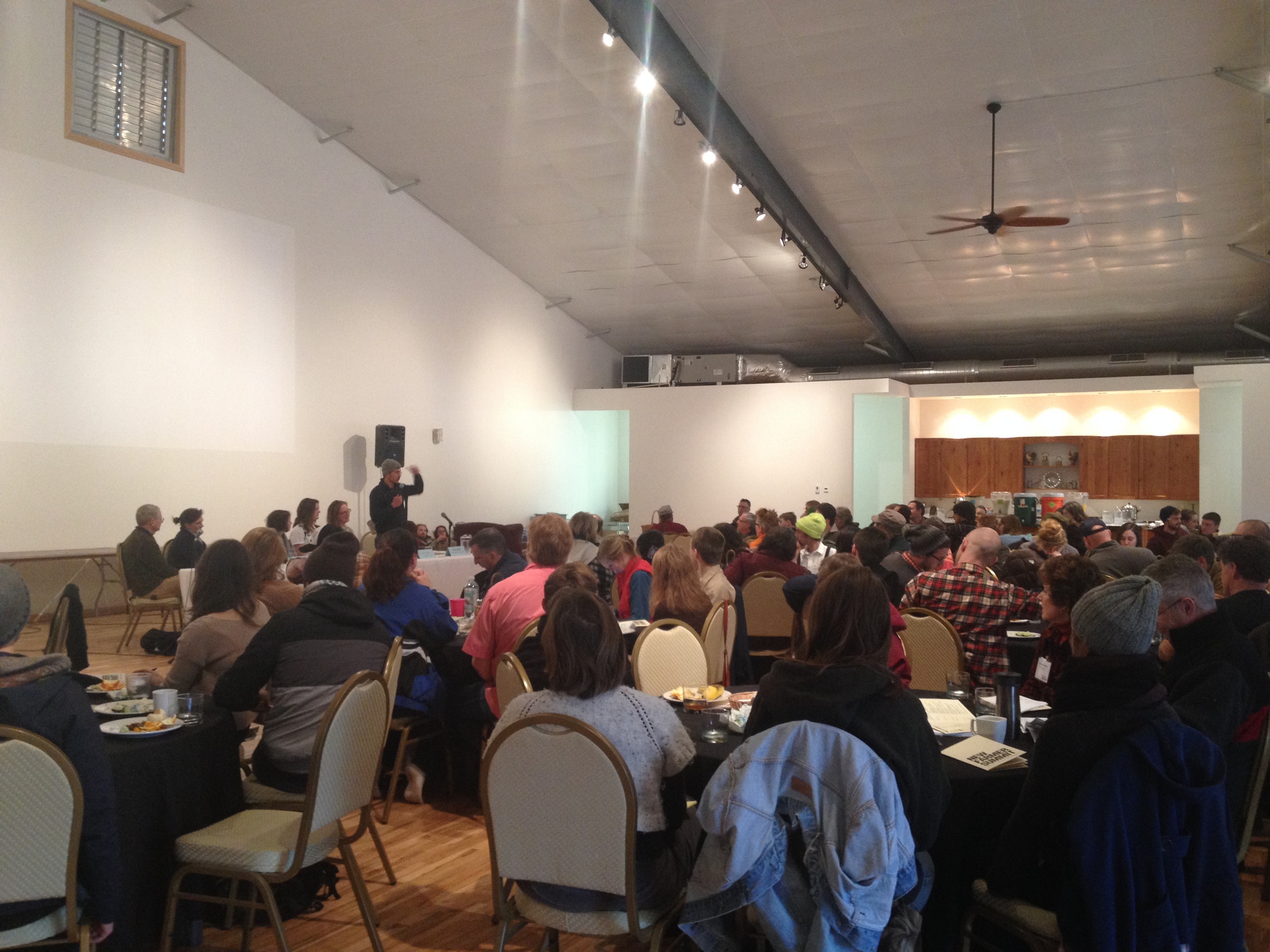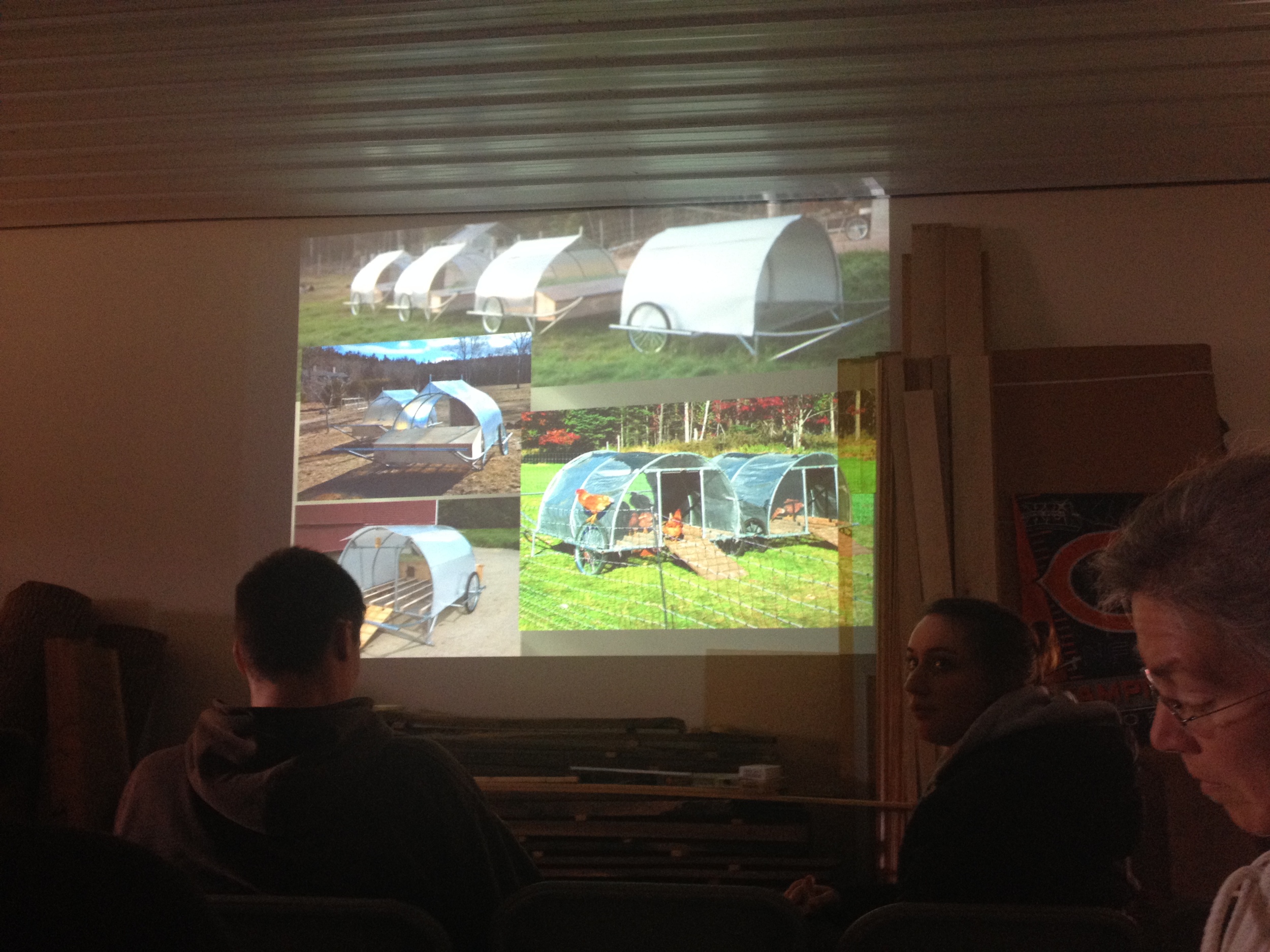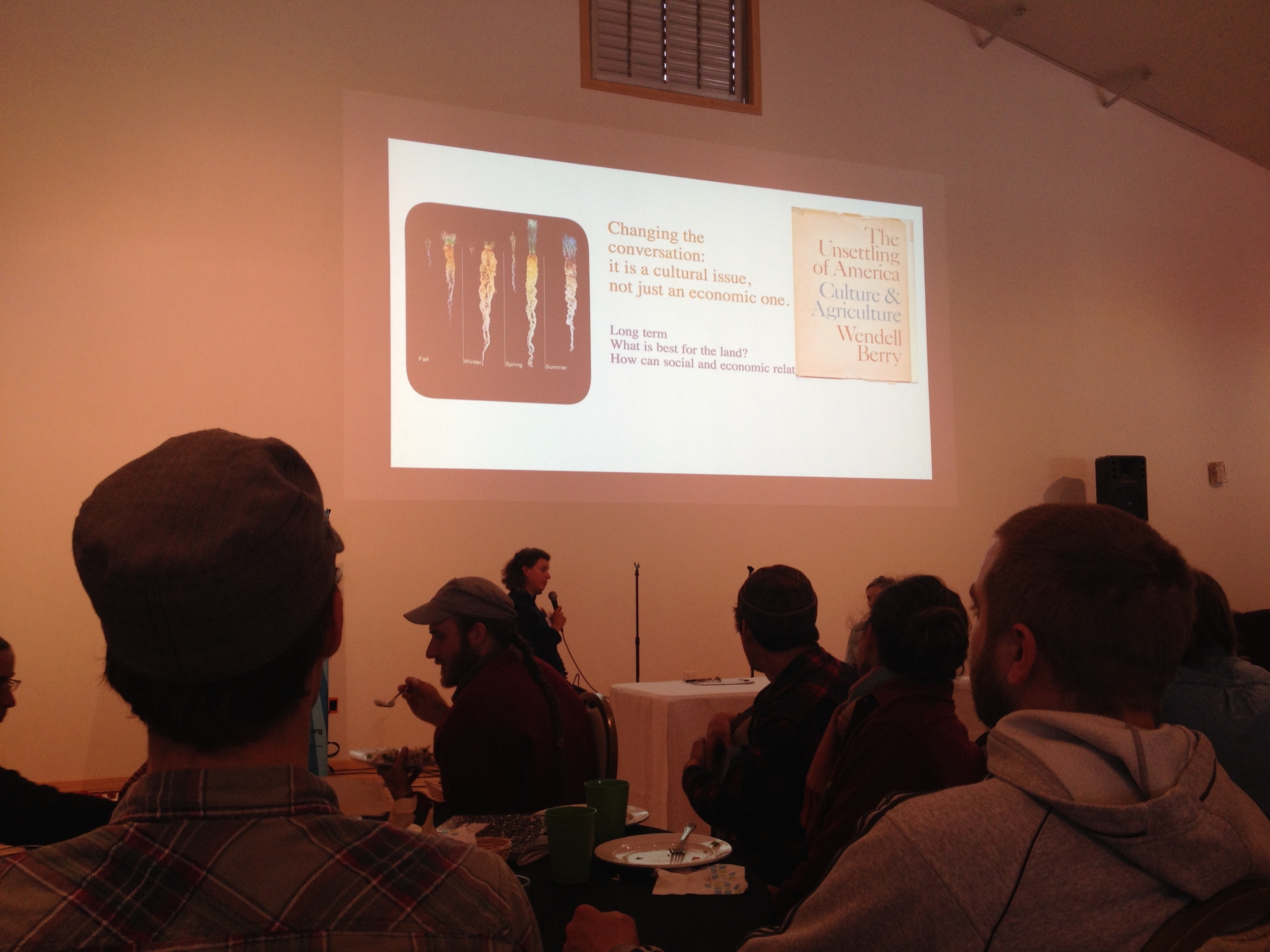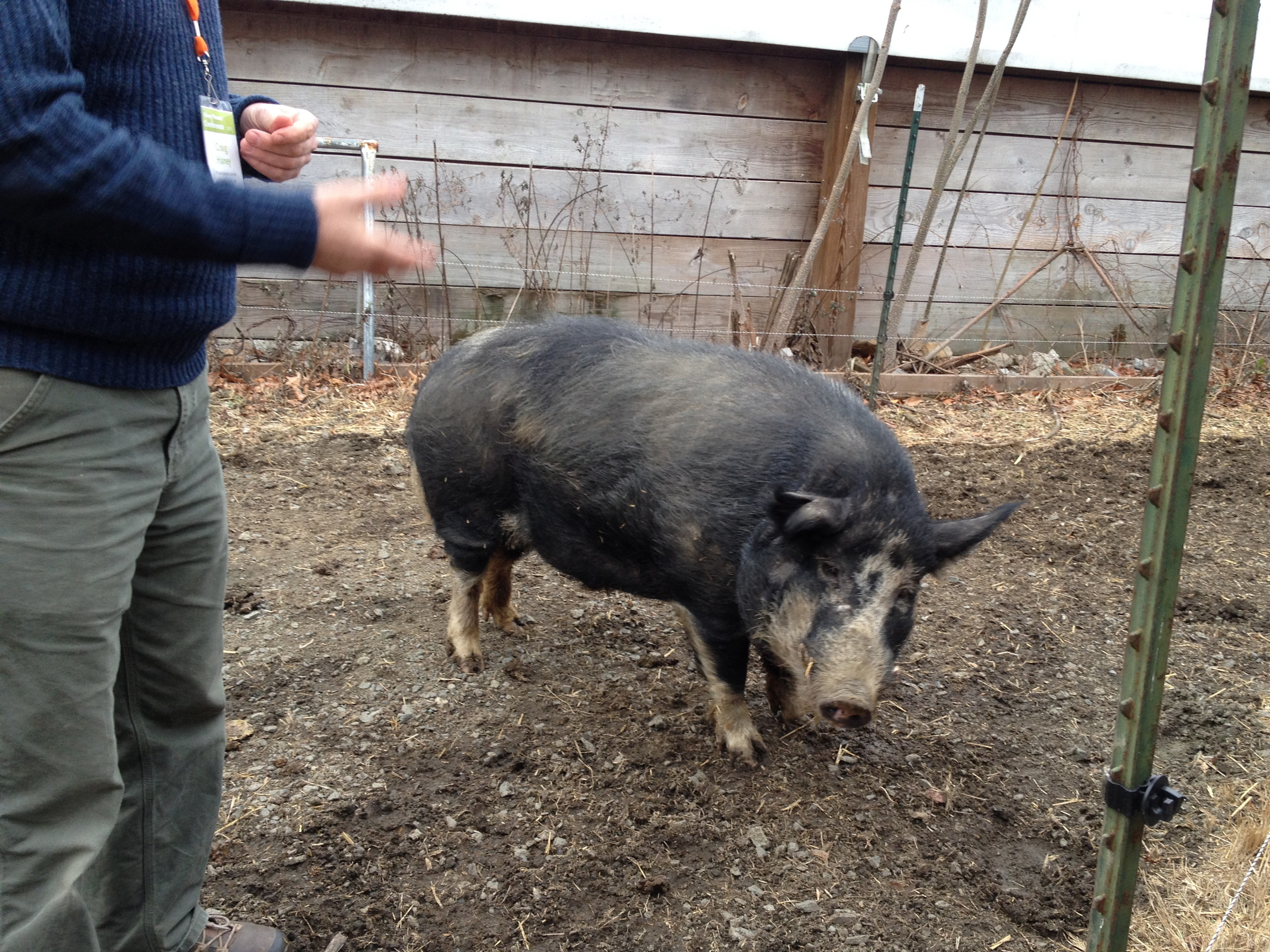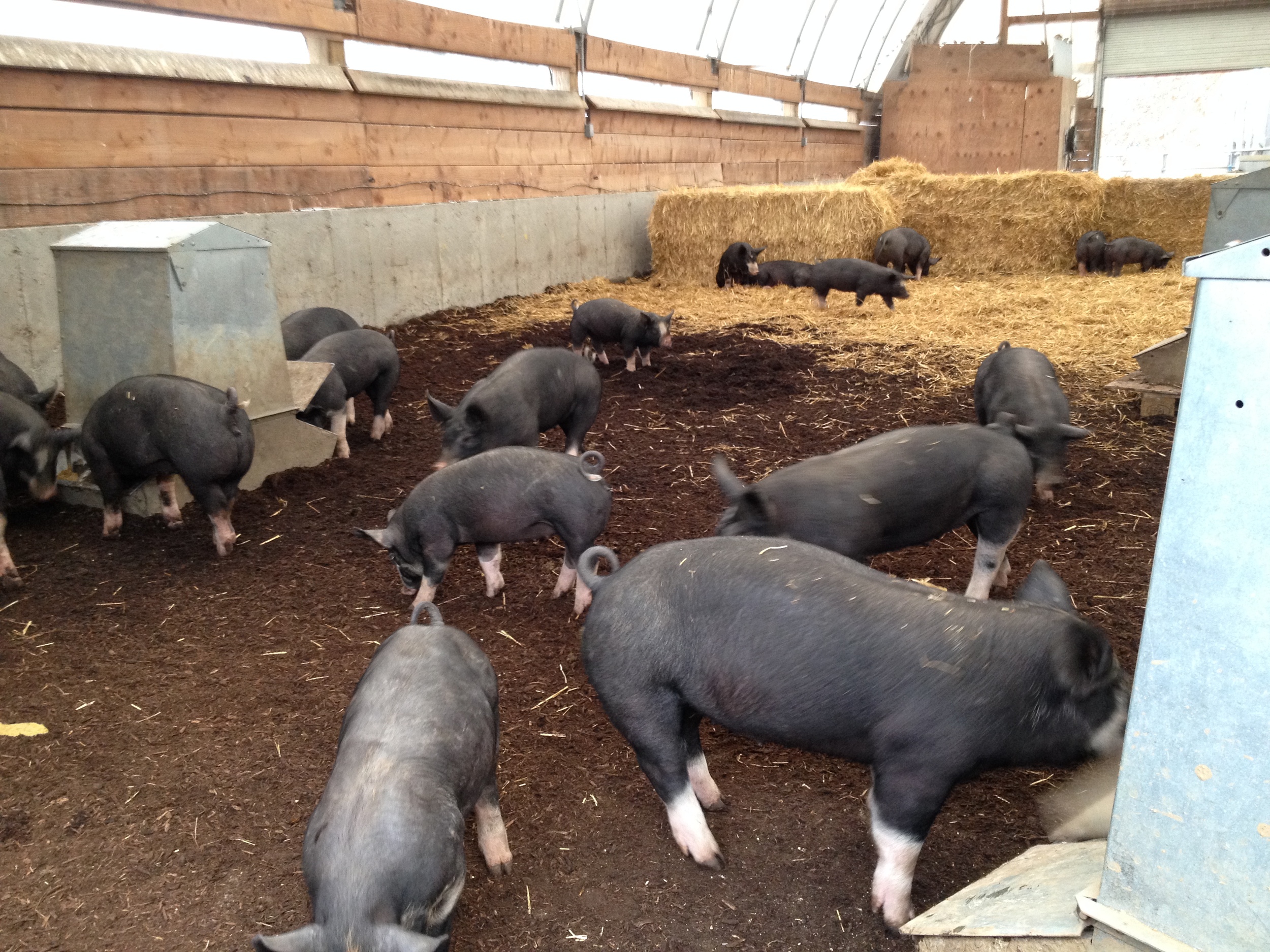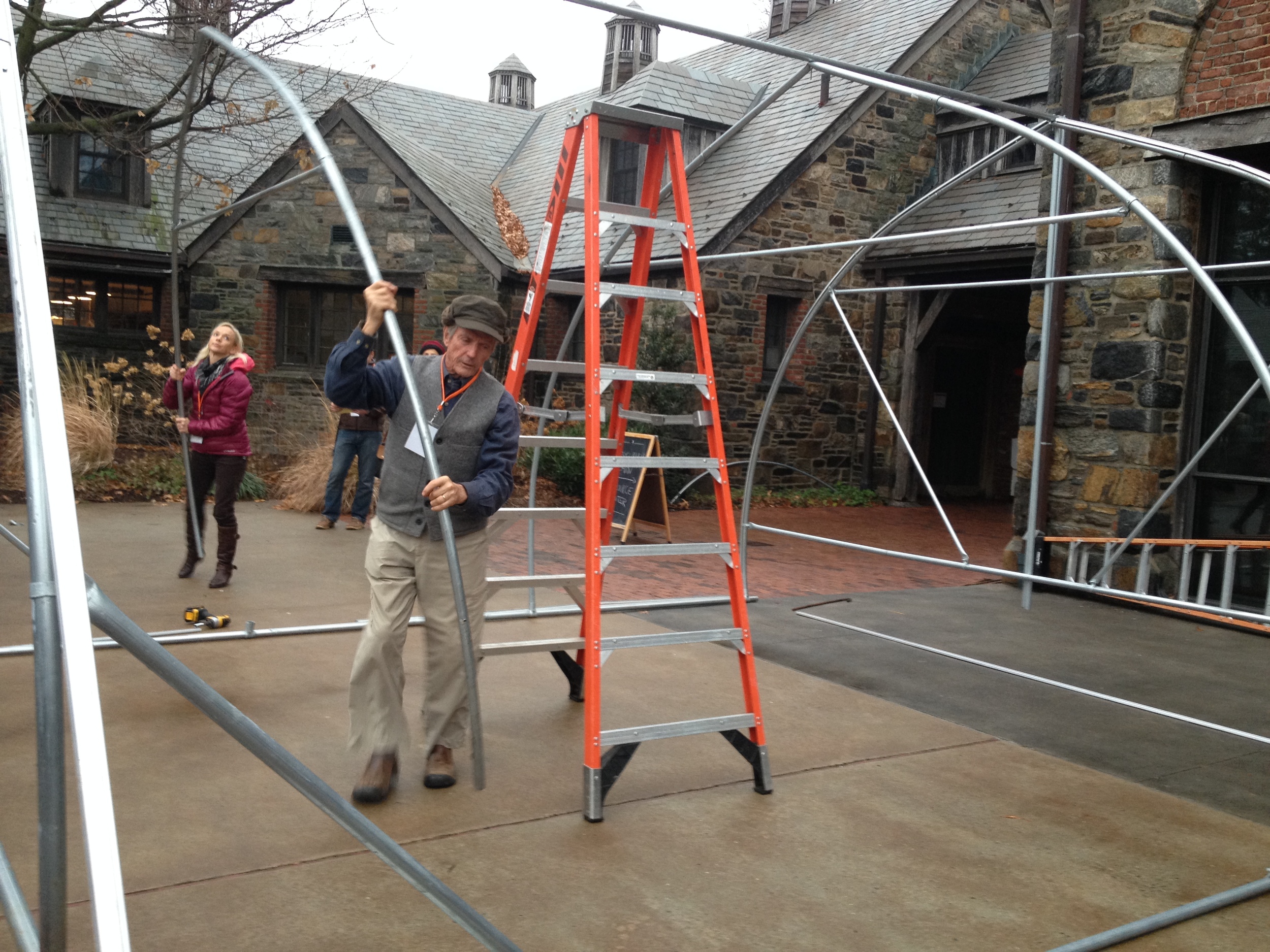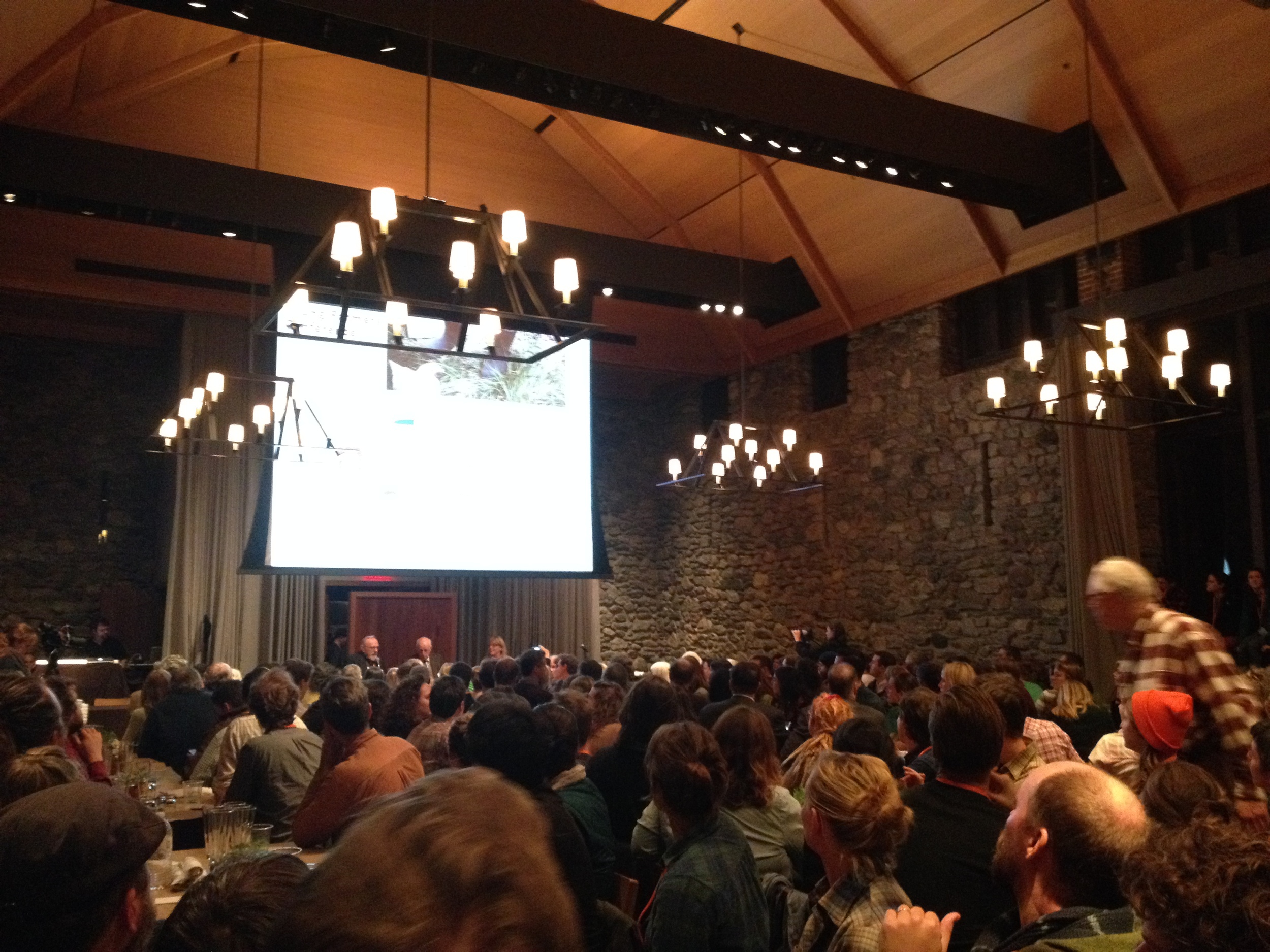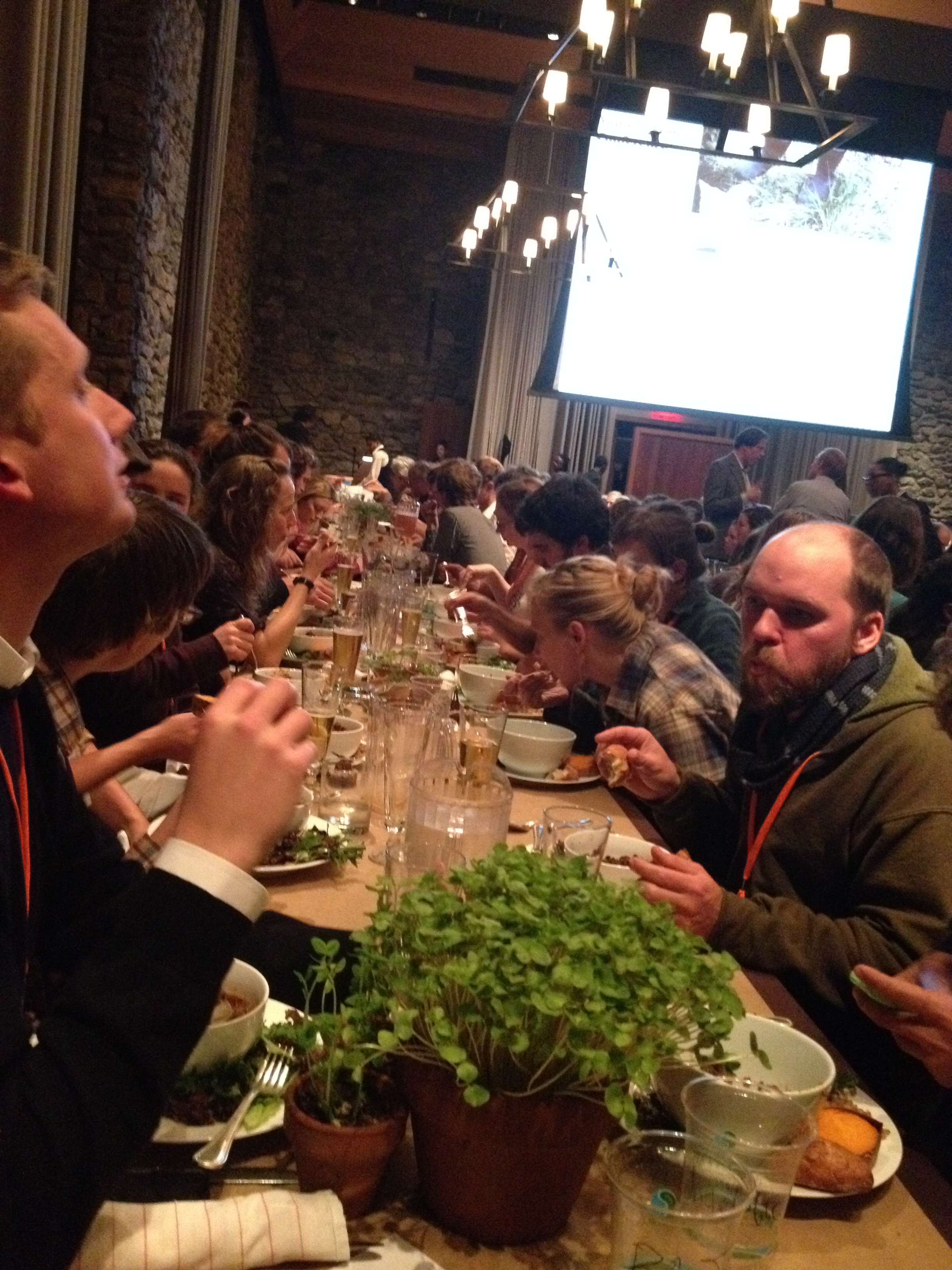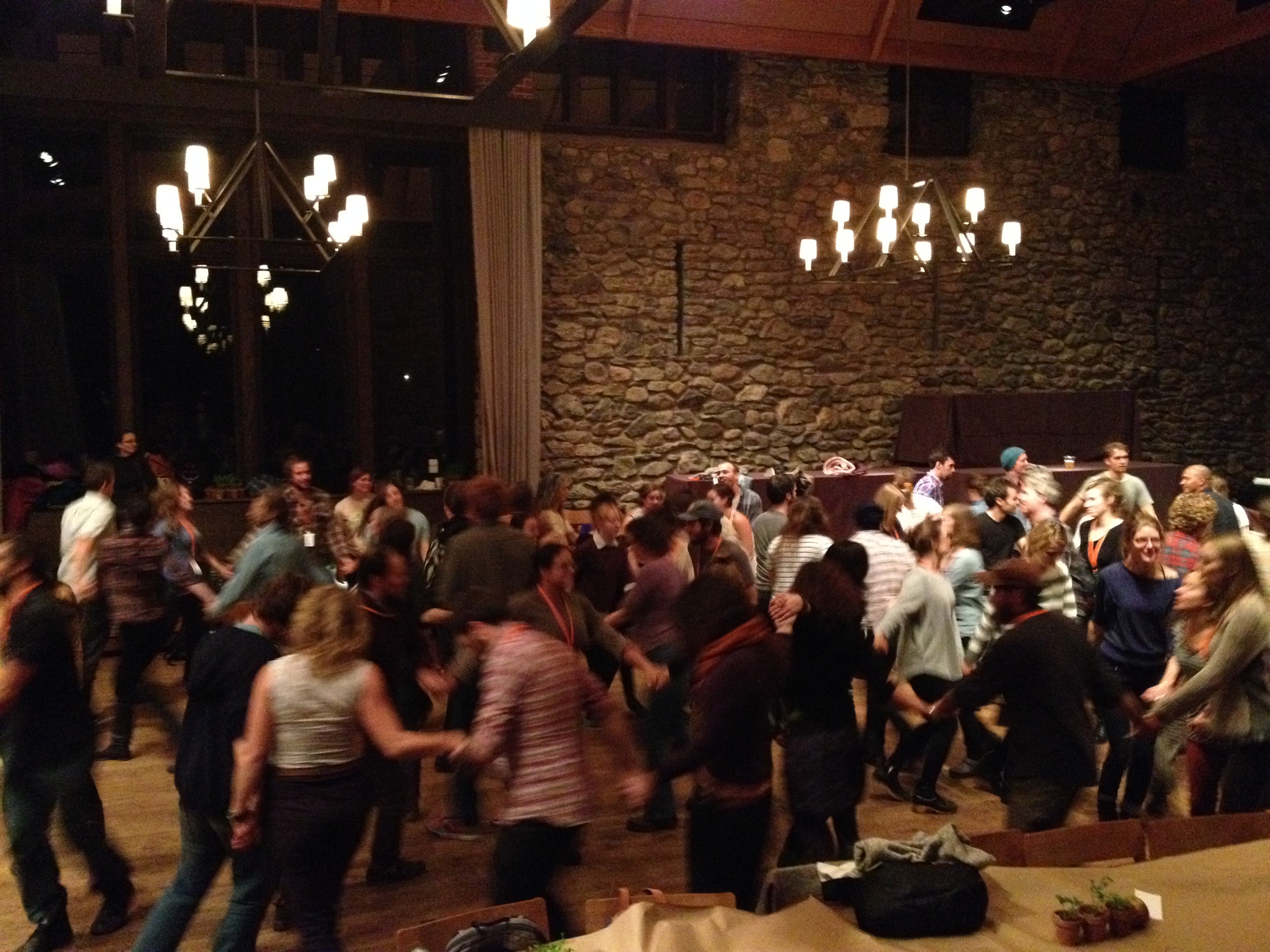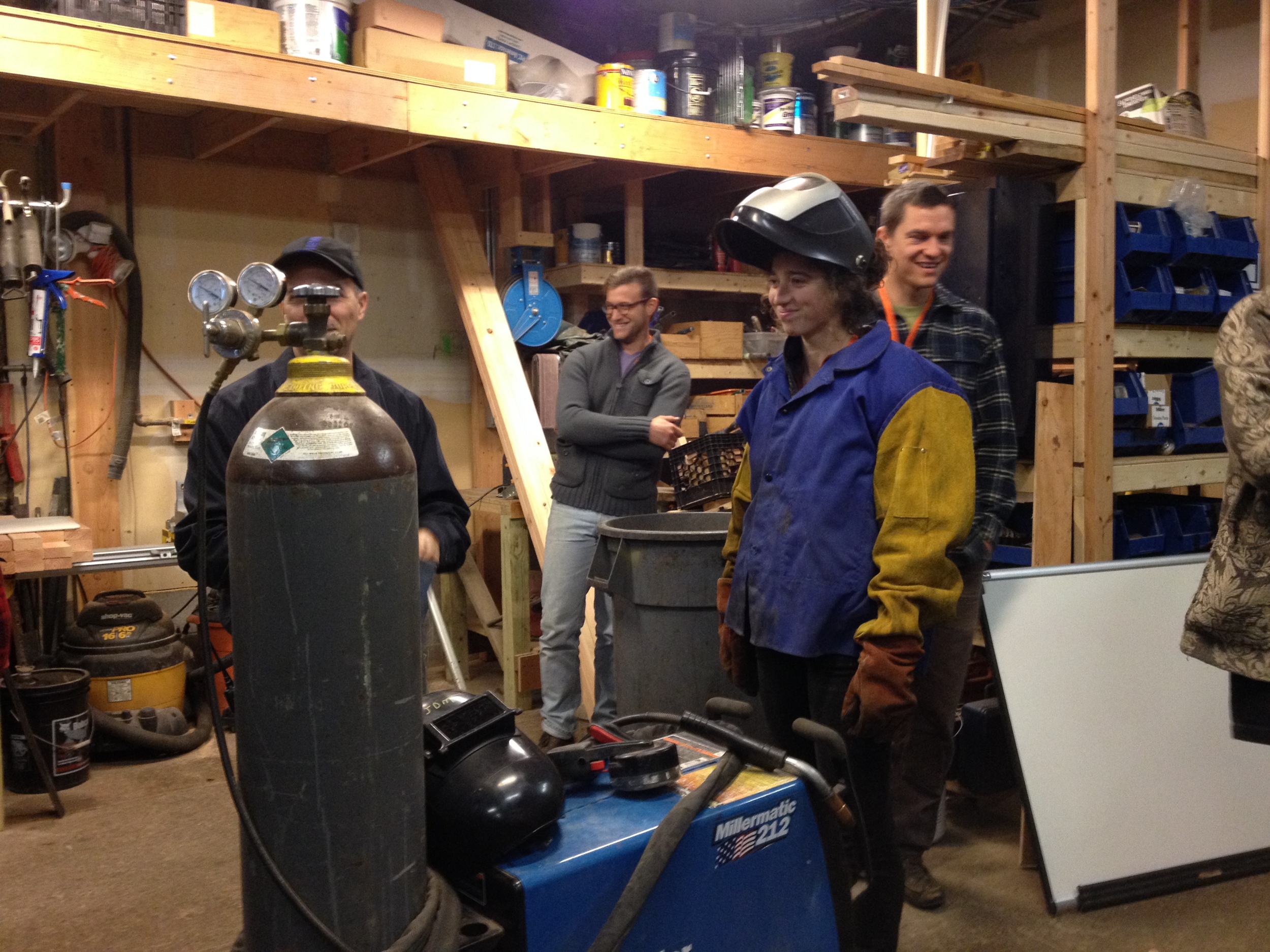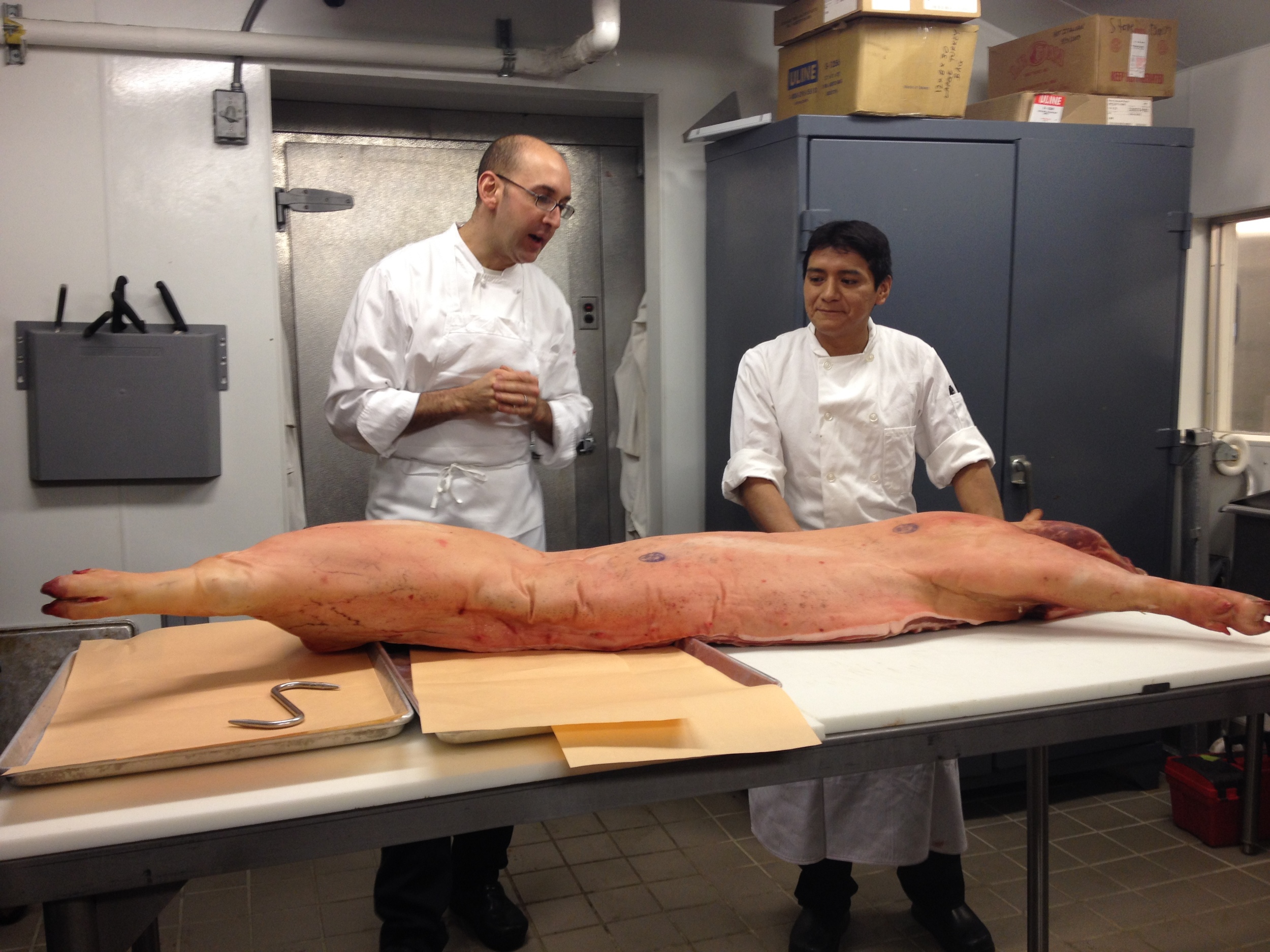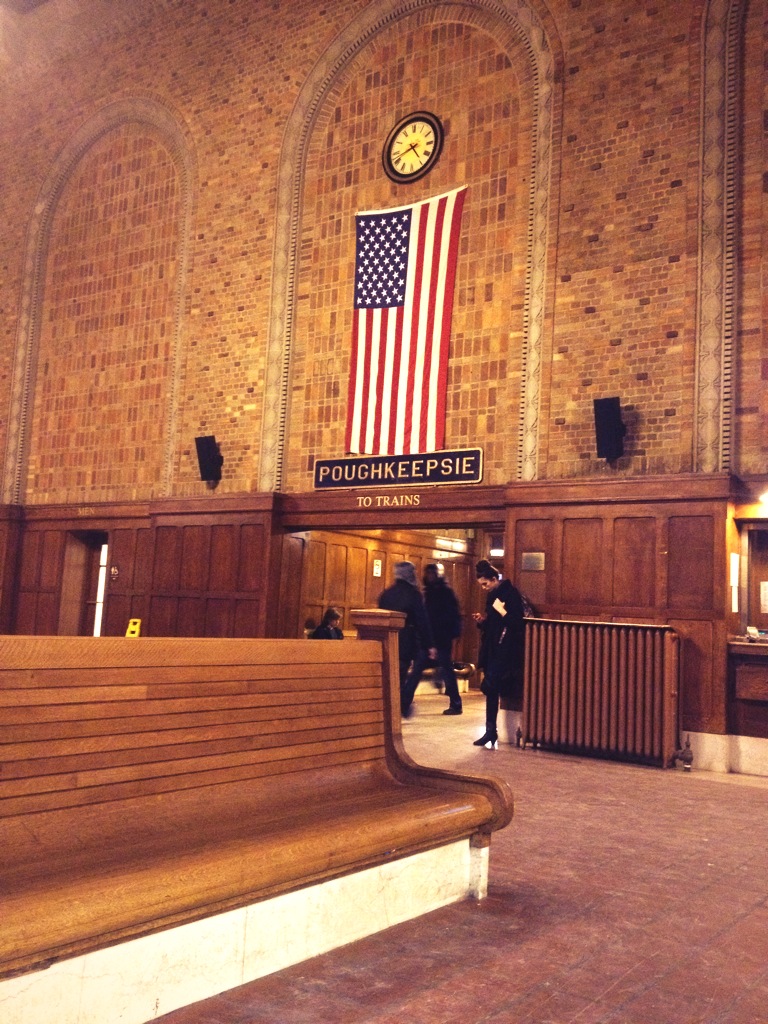This week’s post is another tale of survival, which I expect must be getting old by now. We had our Farm Feast this weekend, which meant that added to our weekly mix of markets, harvest, weeding, and general chaos was a special mix of anxiety, preparation, and finally, adrenaline. We started cooking on Thursday, chopping and dicing and slicing. All day Thursday, Friday and Saturday were spent preparing for the event, and when people actually started to arrive, I was almost too tired to enjoy the night as much as I should have. All of the hard stuff was over, and all I had to do was smile and make sure everything was running smoothly. Mostly, it did just that. Dinner started a little later than planned because everyone seemed to be having a good time on the hayrides and in conversation over drinks and appetizers, so by the time the last few tables were finishing up it was getting quite dark. But we had enough food and enough seats for everybody, nobody was stung by our bees, the horses cooperated, the children (mostly) cooperated, the weather cooperated, and everyone seemed to have a great time and really enjoy the food. The response was overwhelmingly positive, and I think people would have paid double for the experience. Maybe with a similar amount of work, we could make it an actual fundraiser in the future, if that’s something Mat and Danielle are considering.
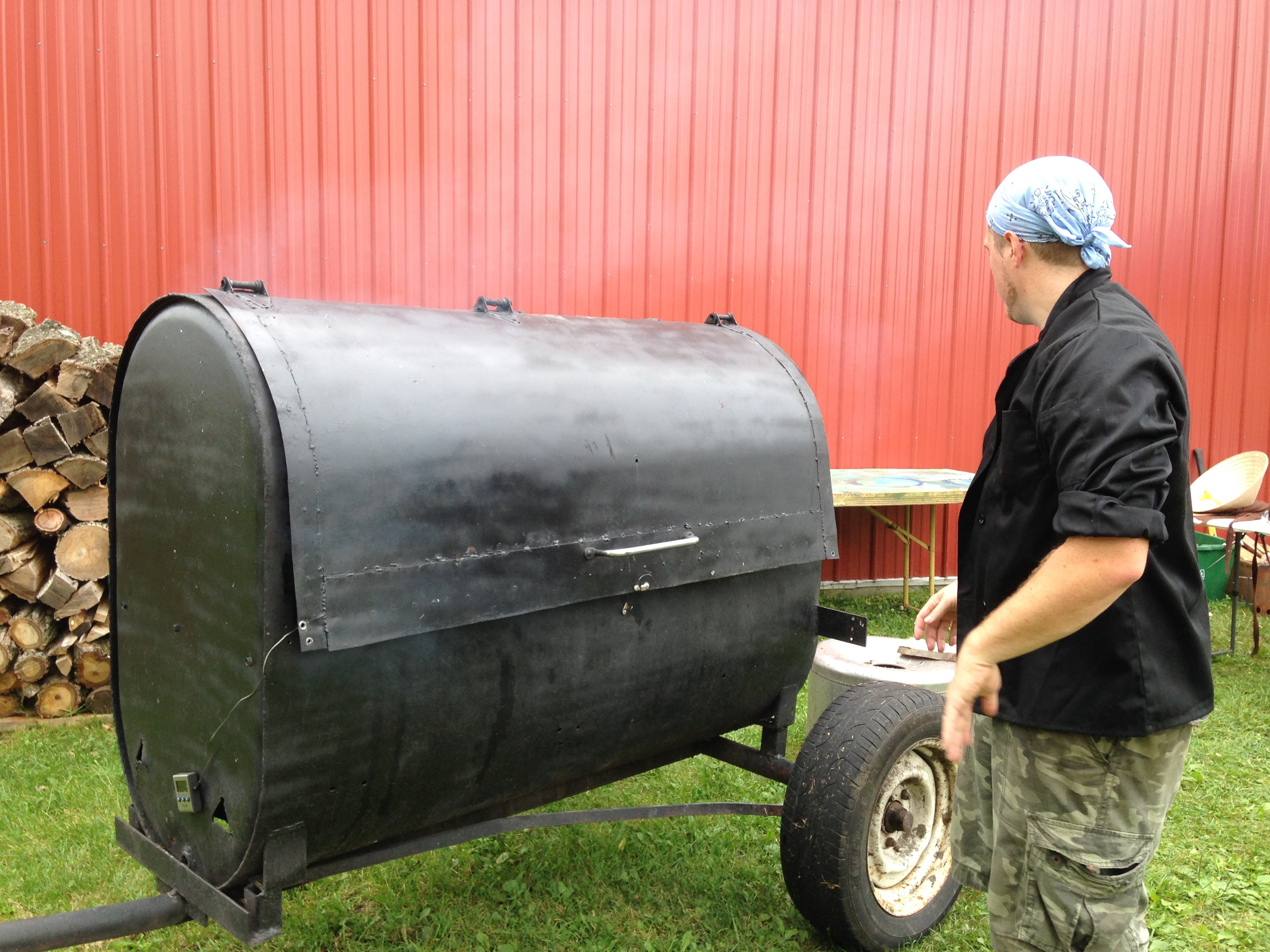
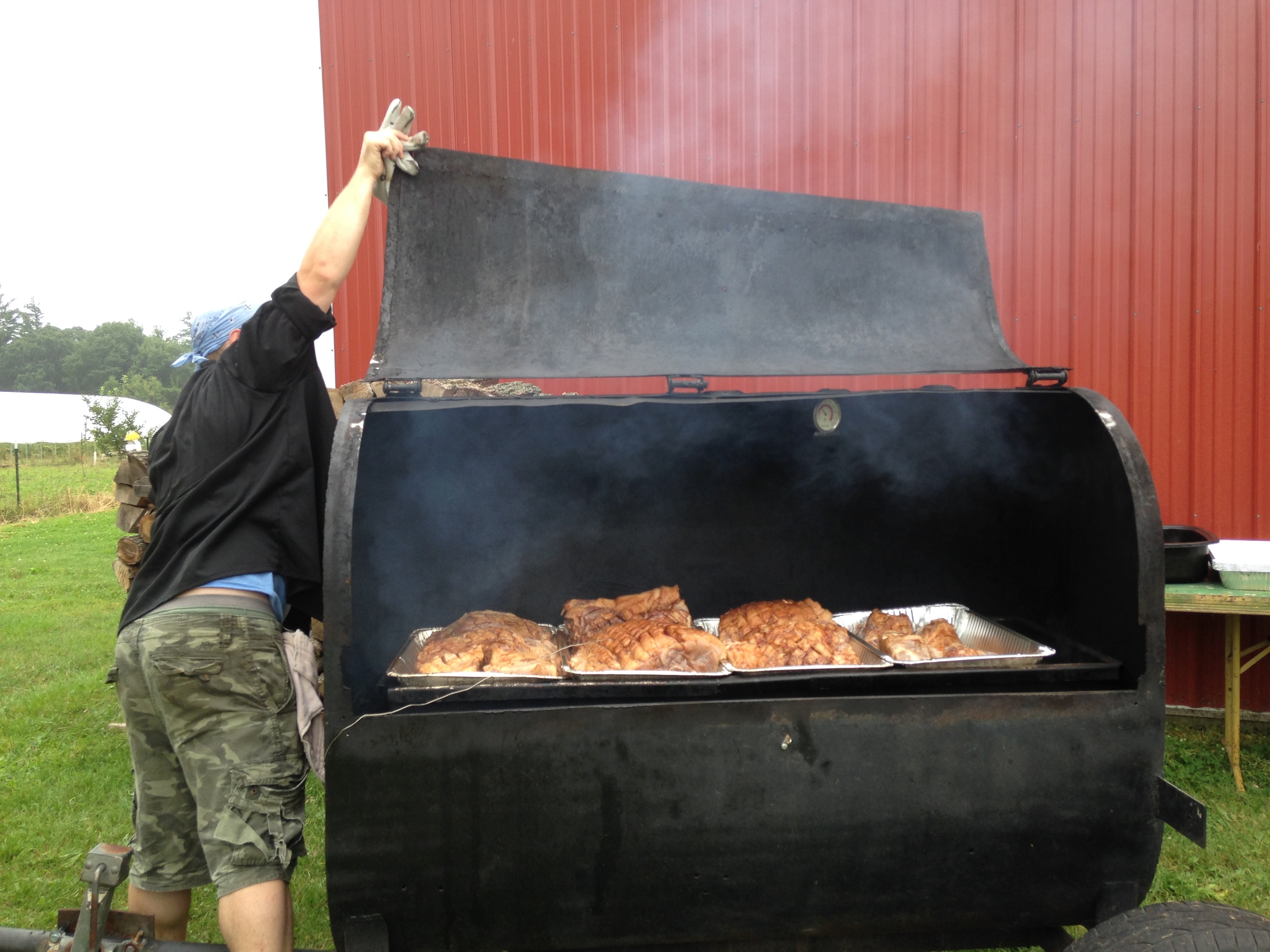
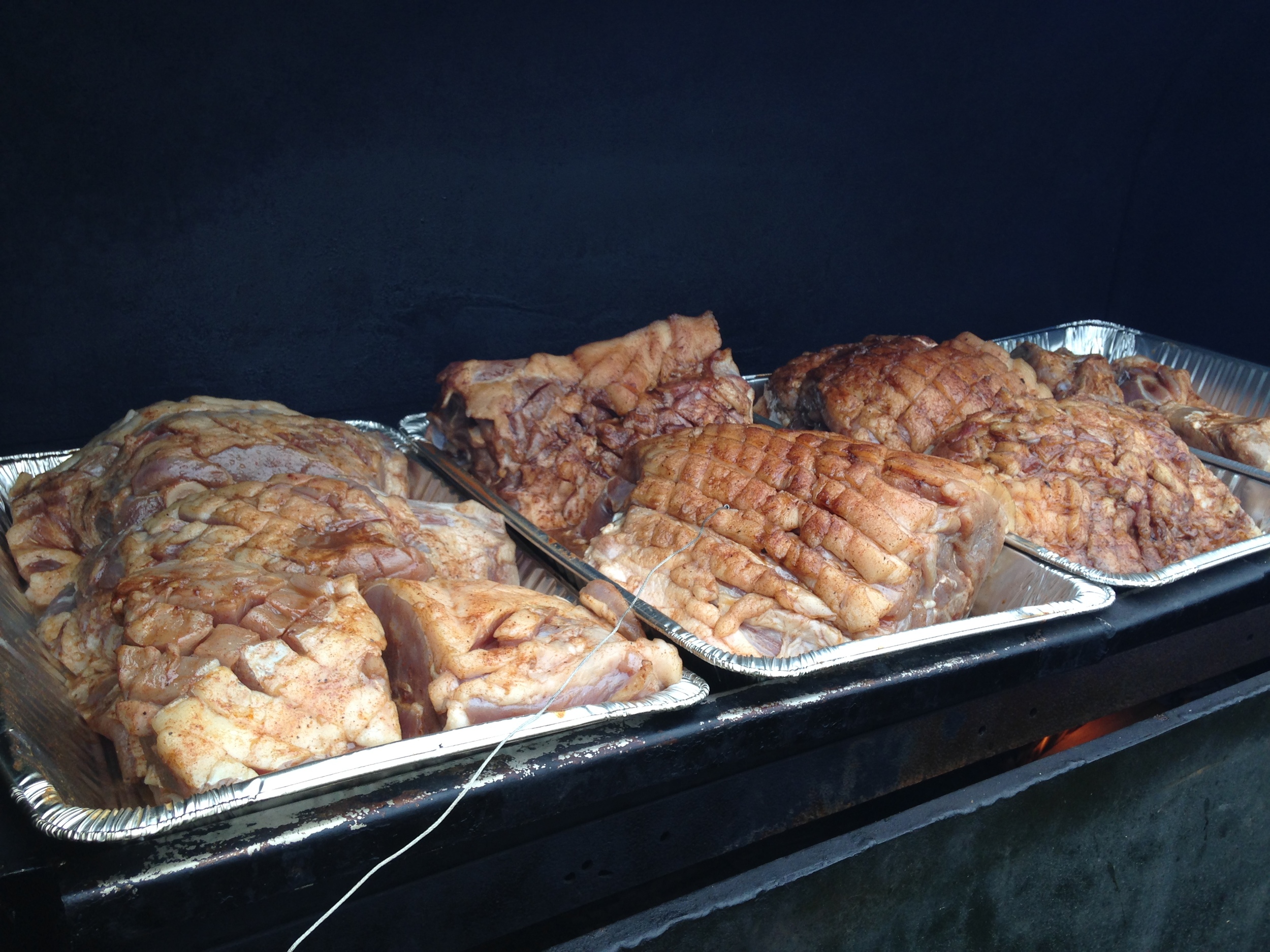
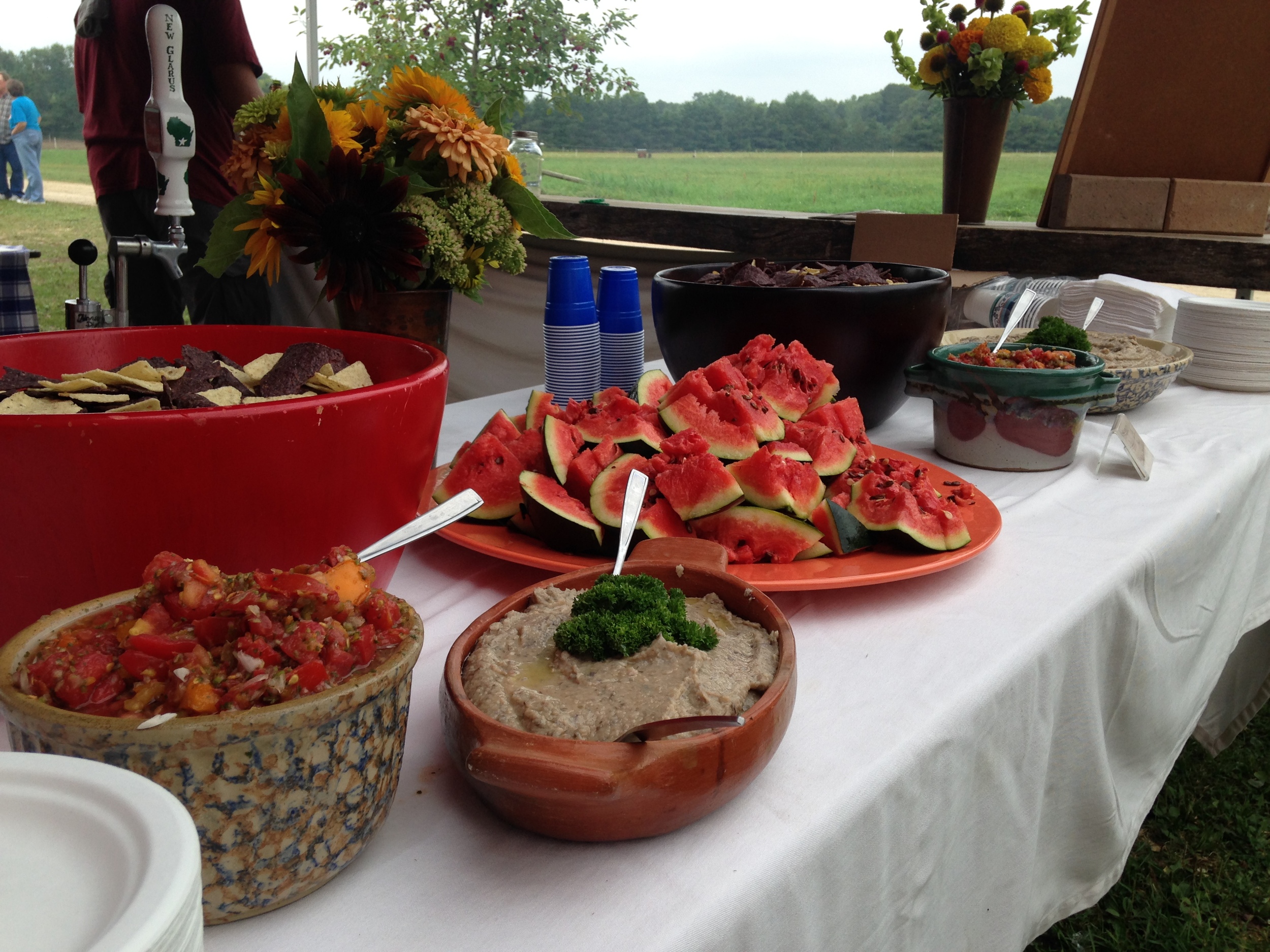
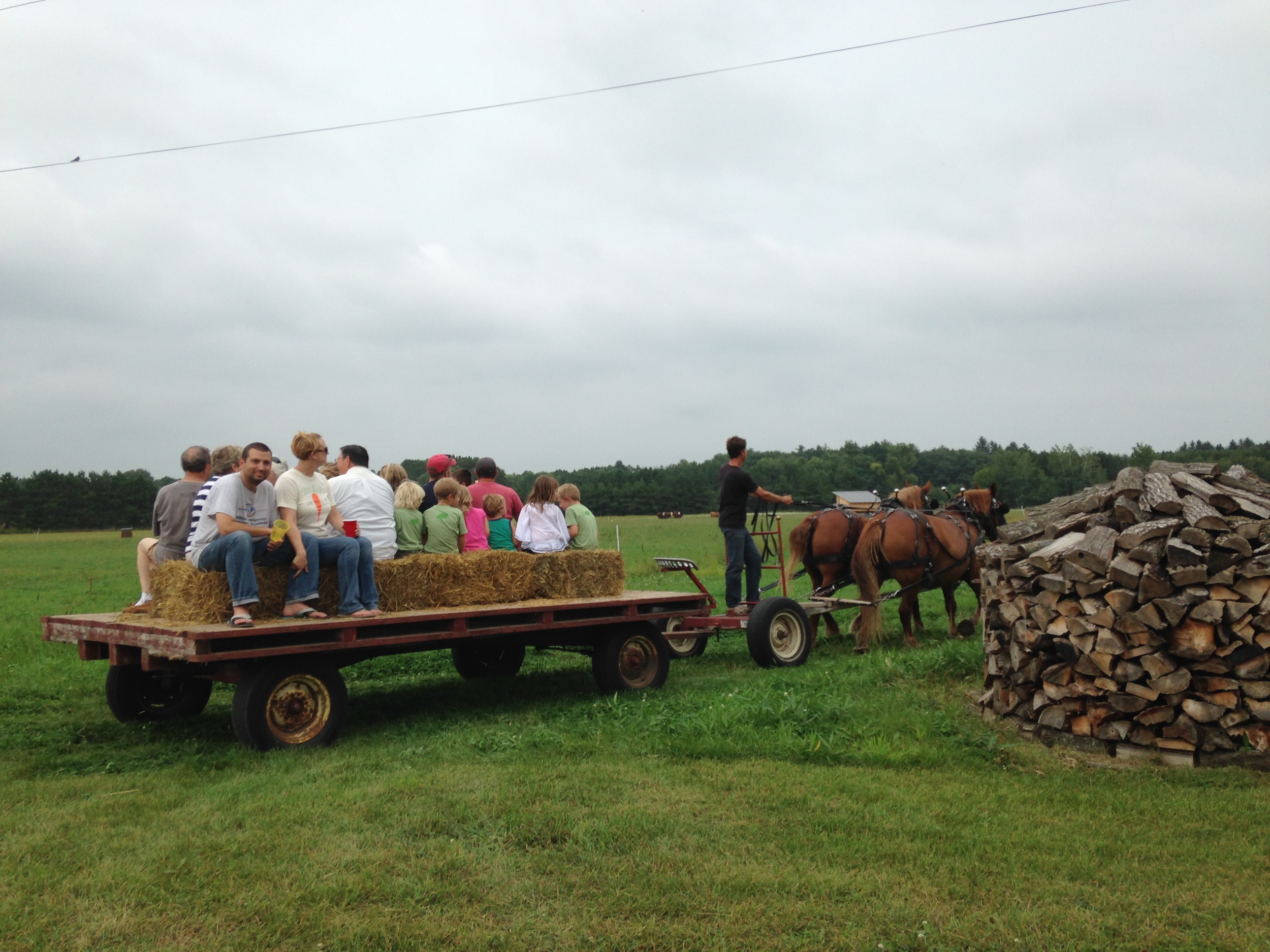
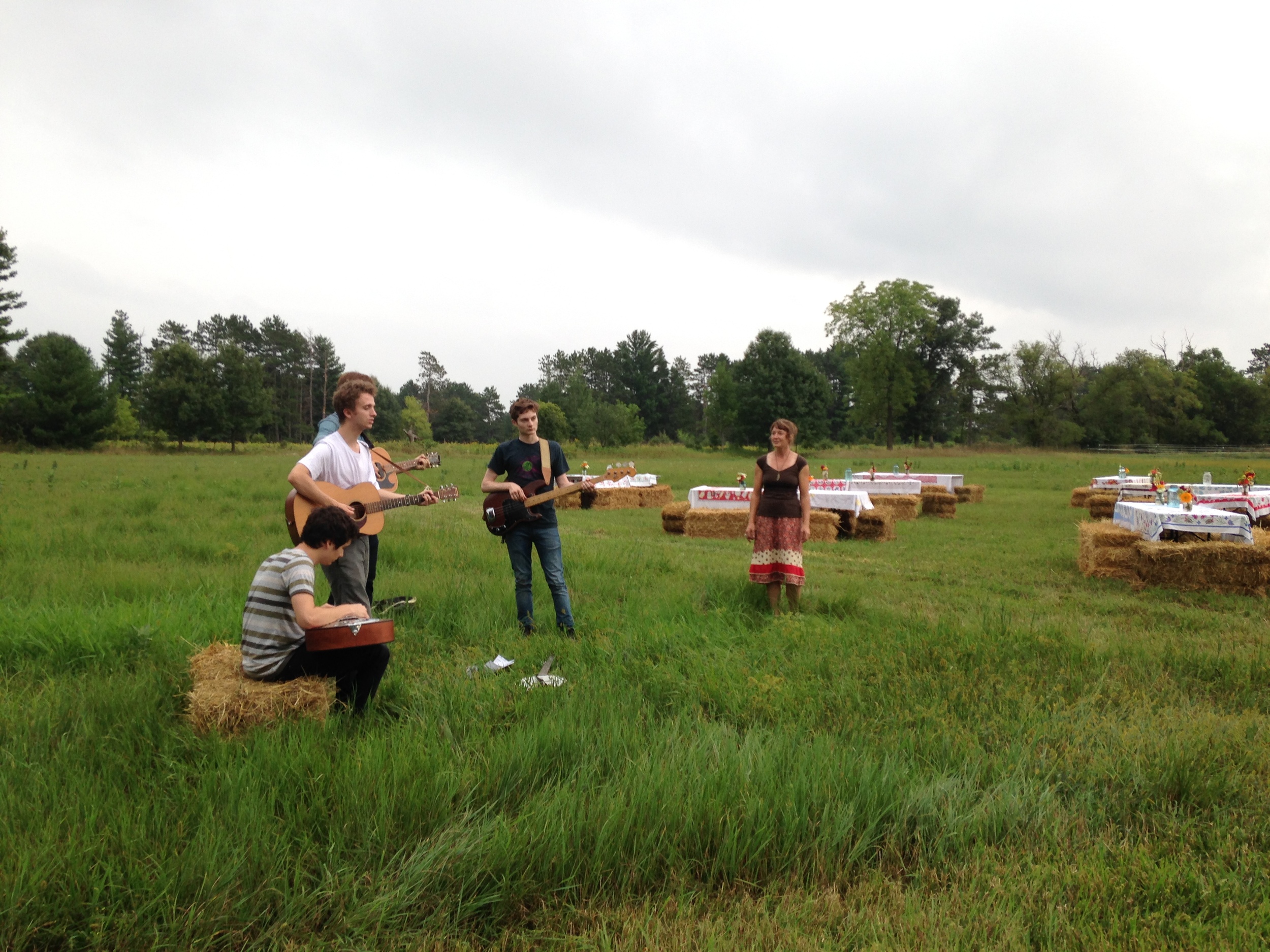
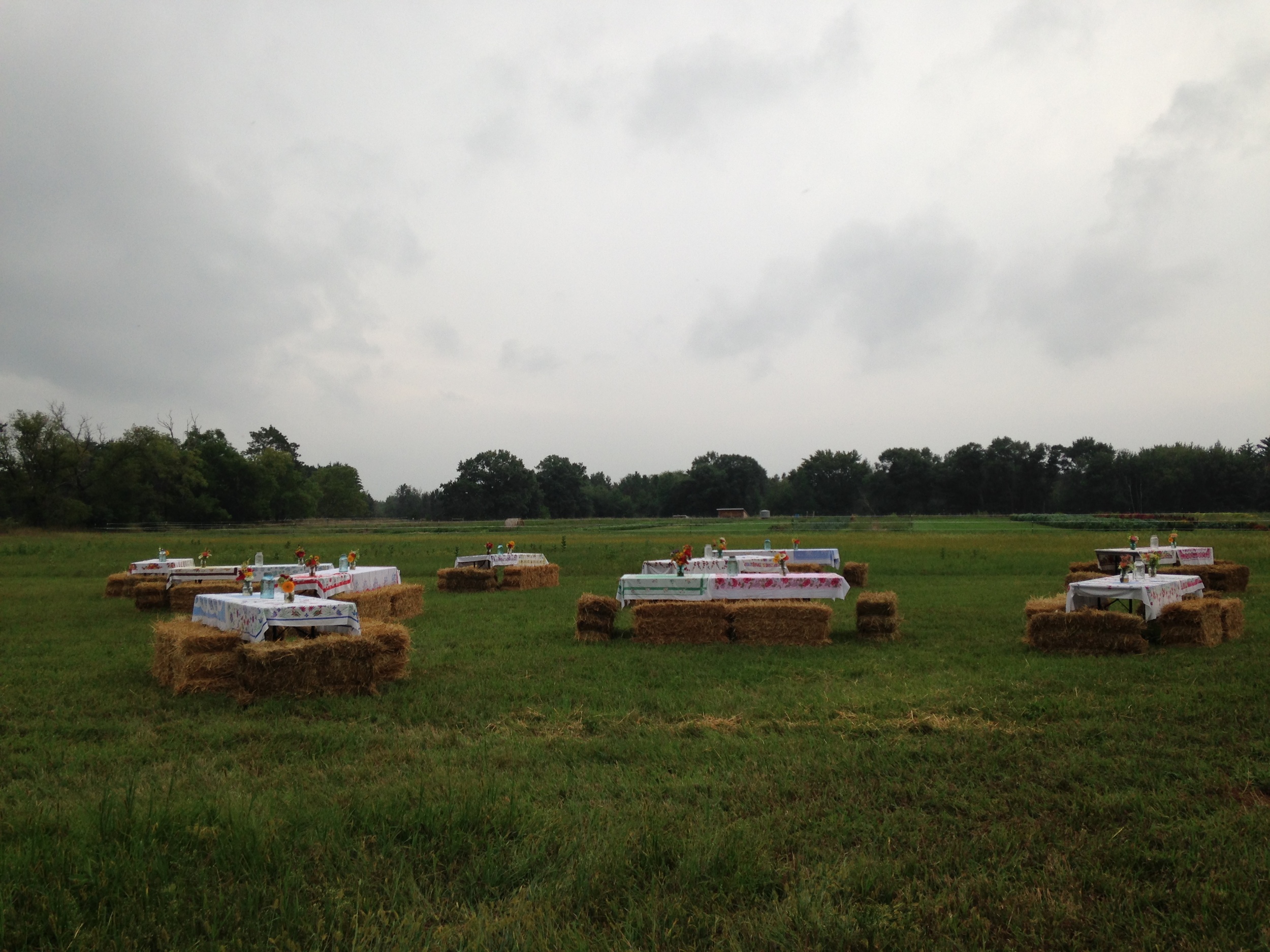
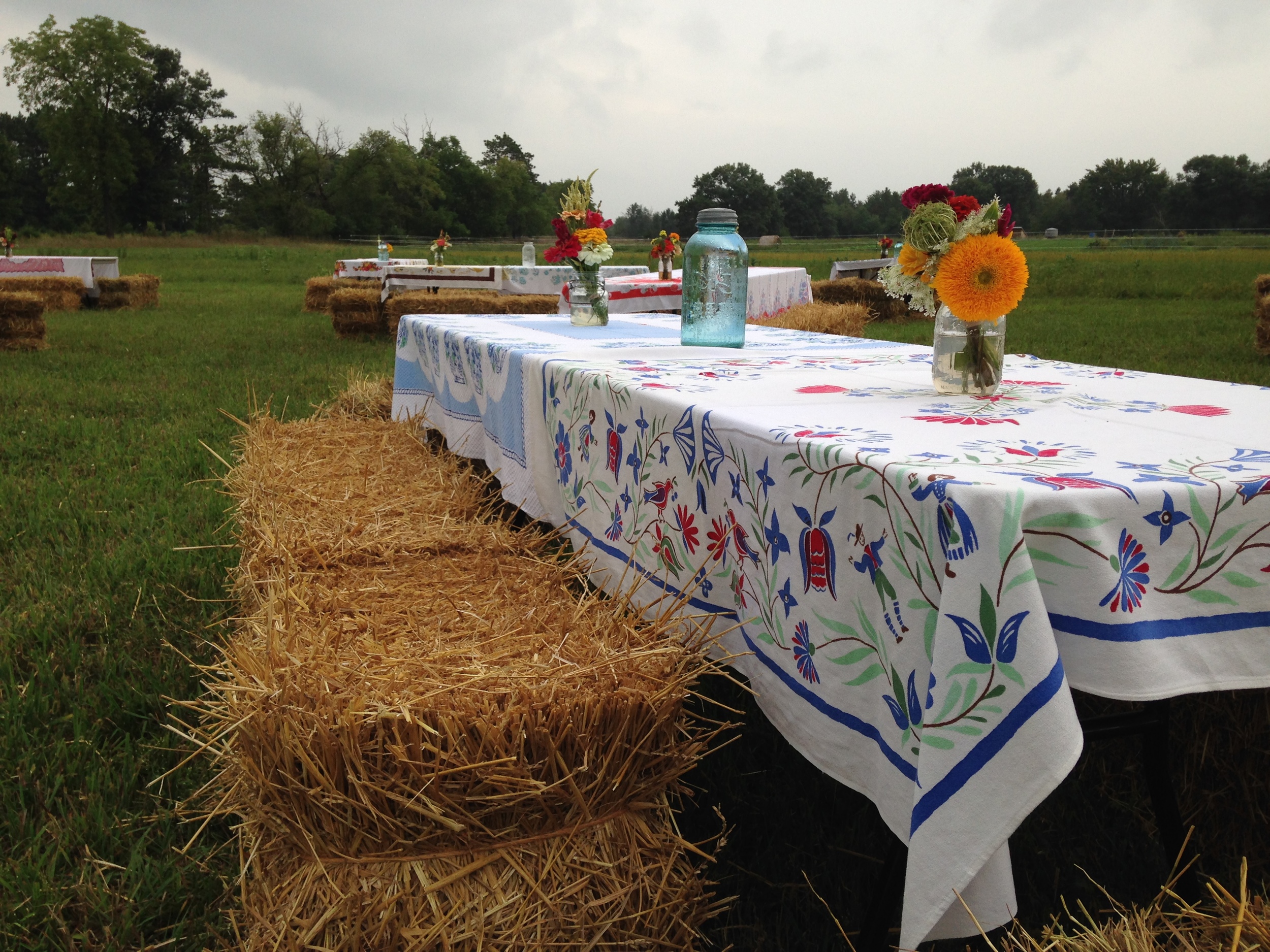
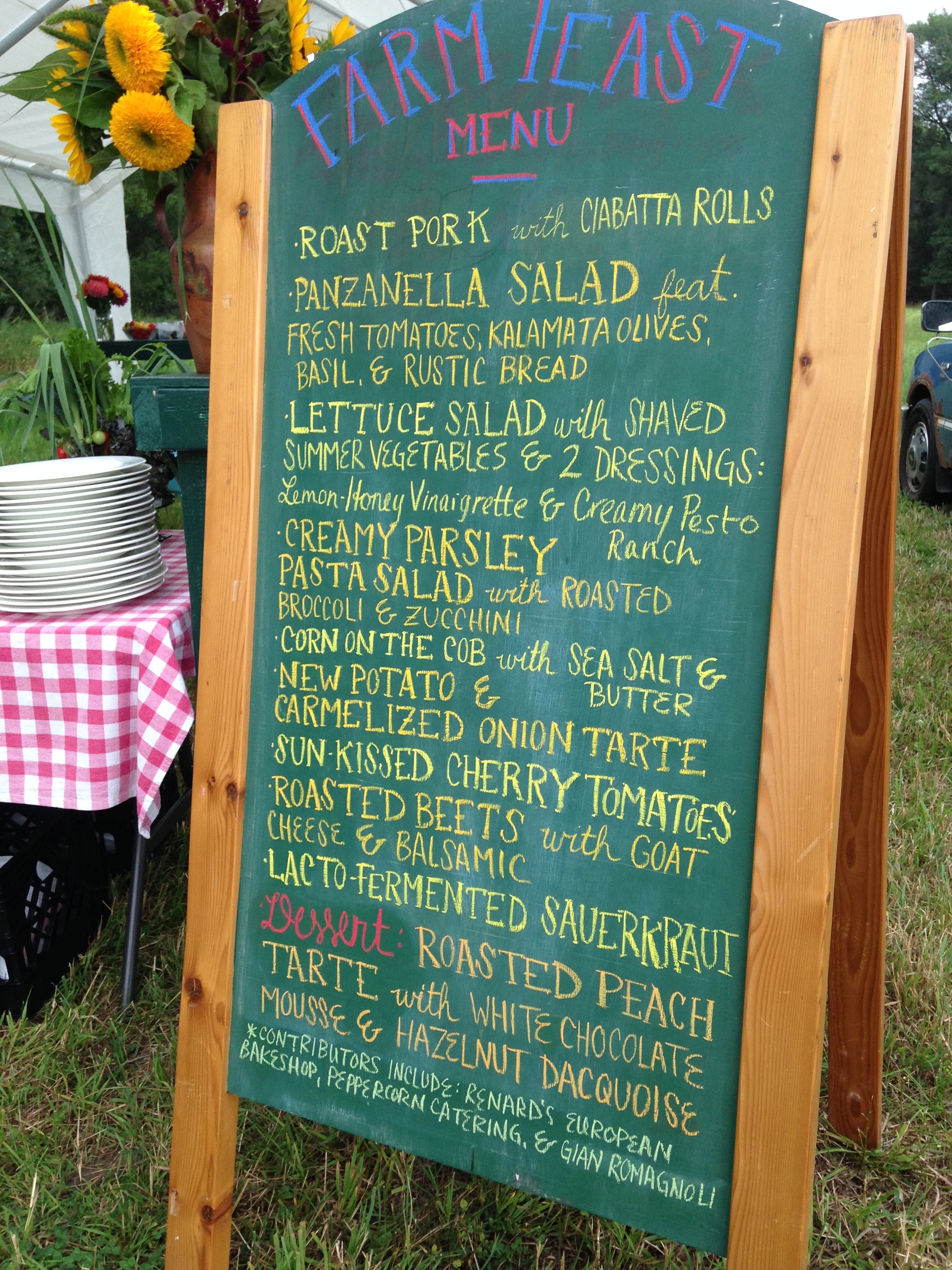
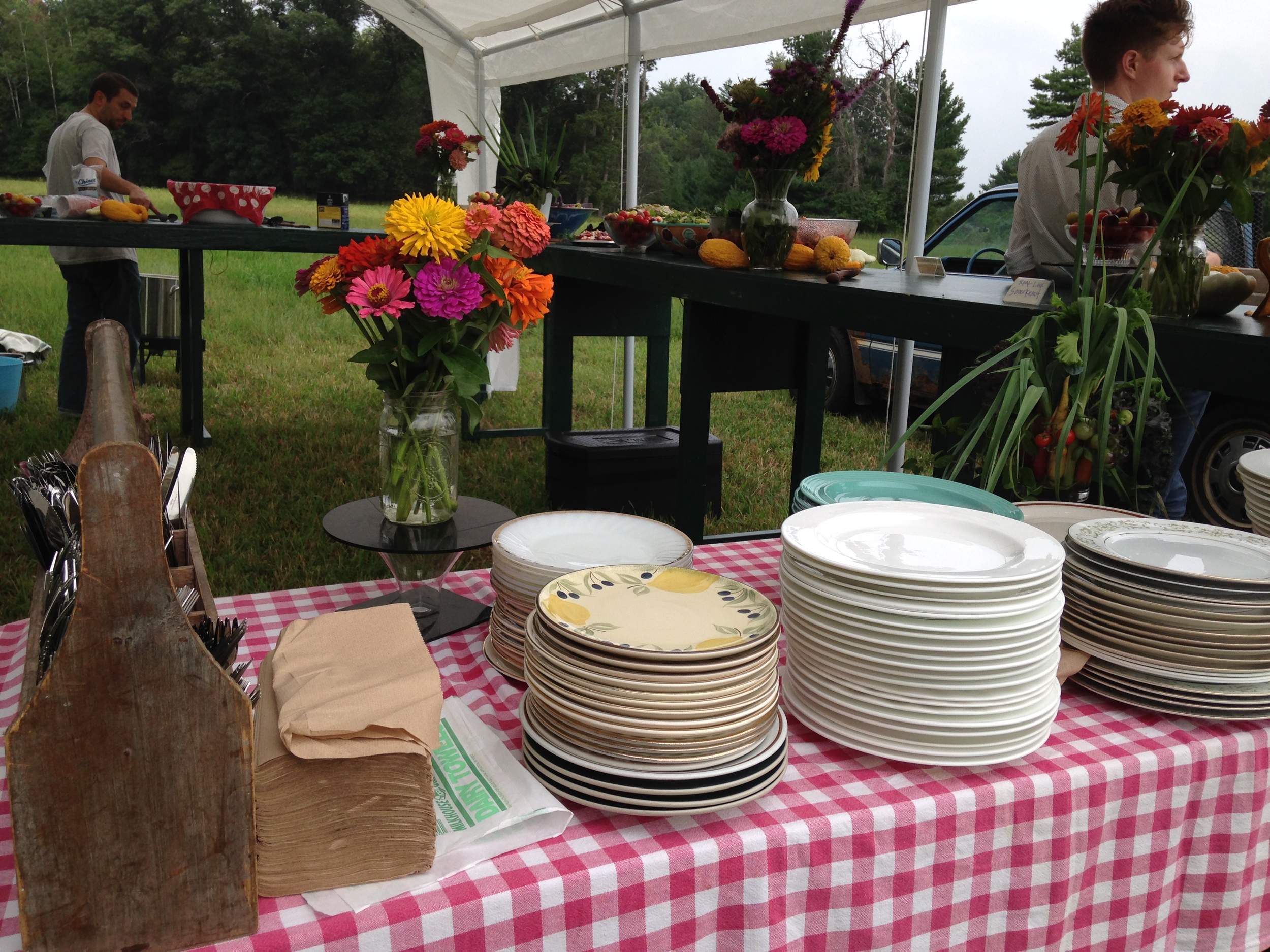
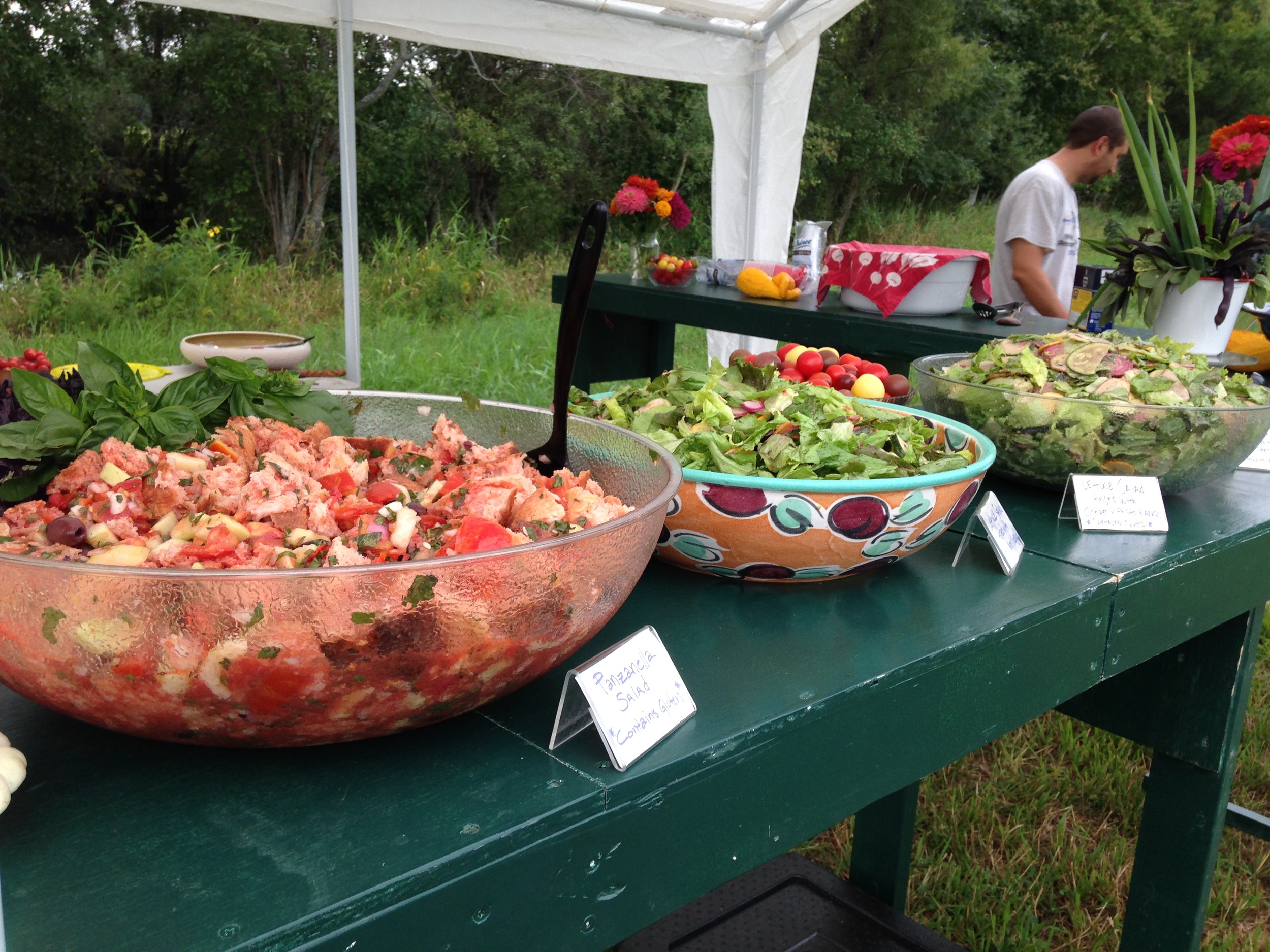
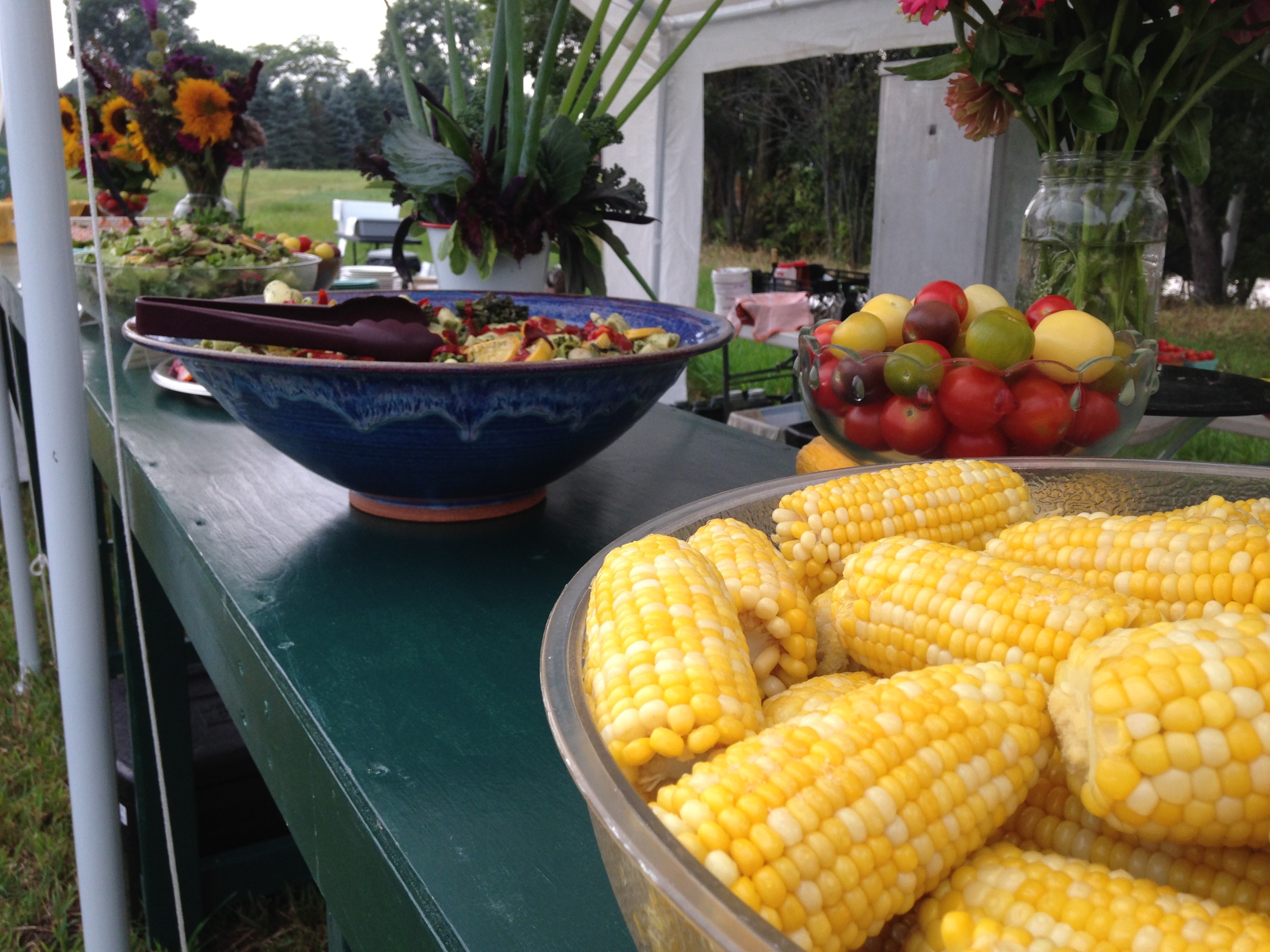
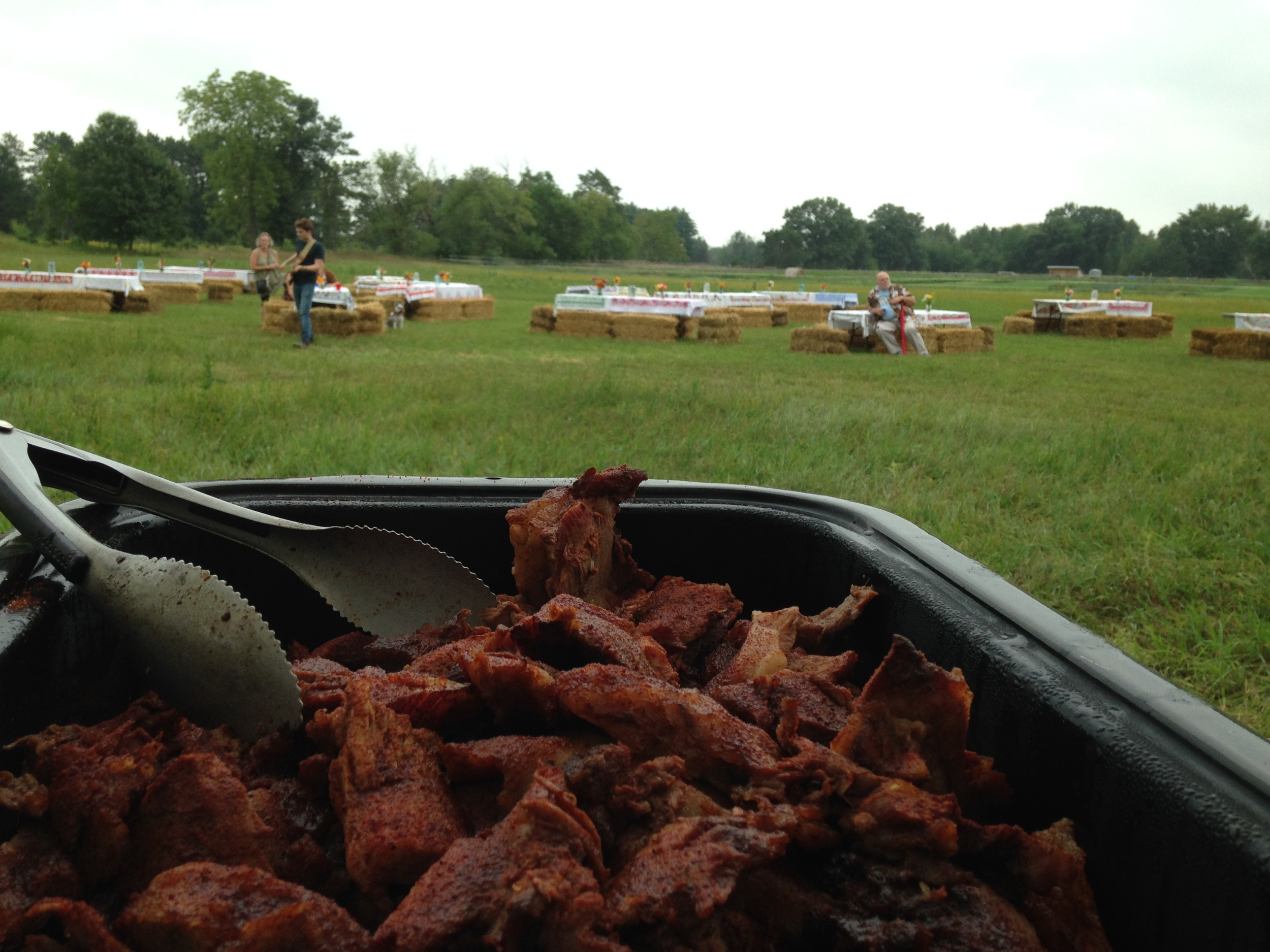
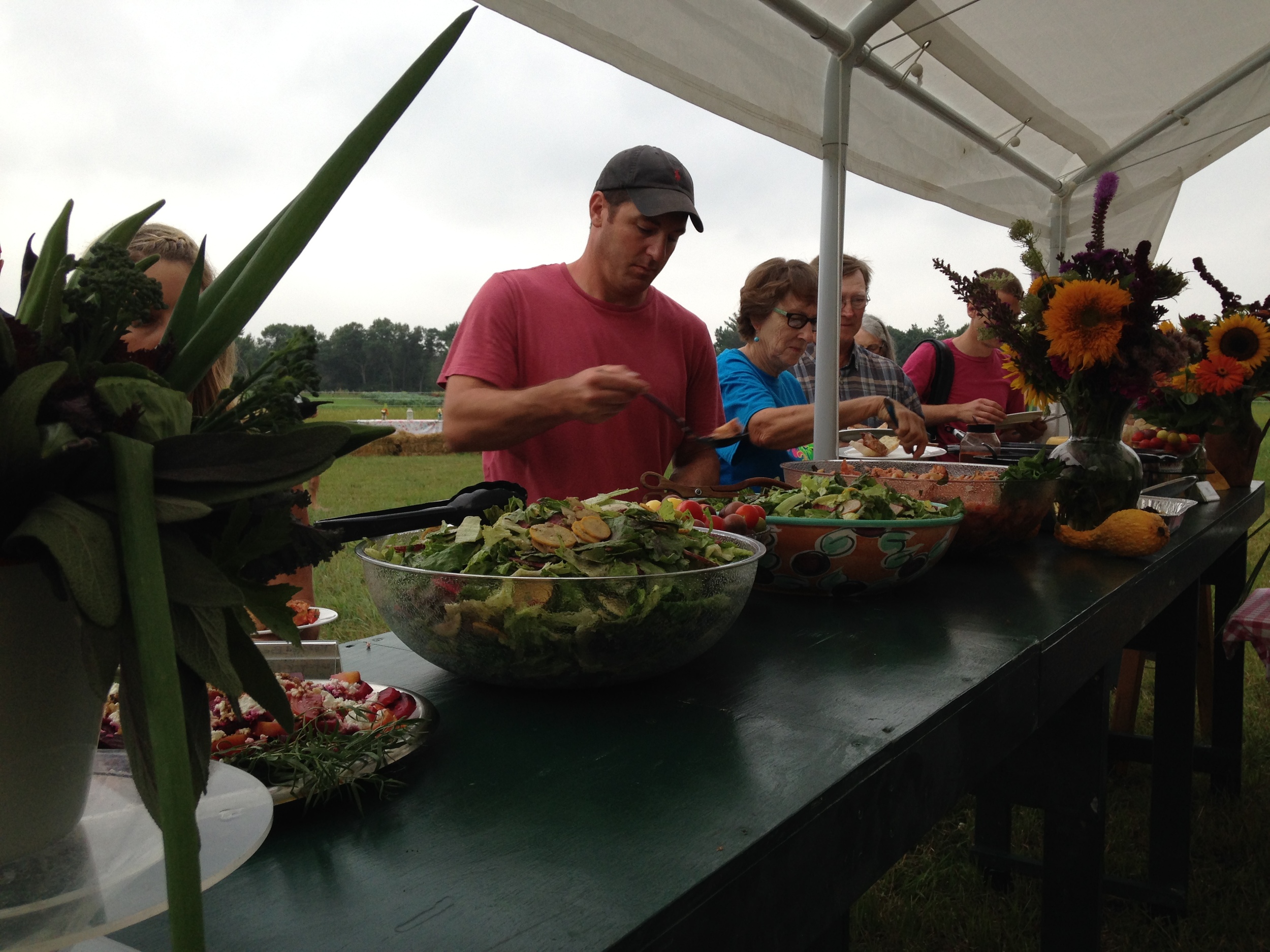

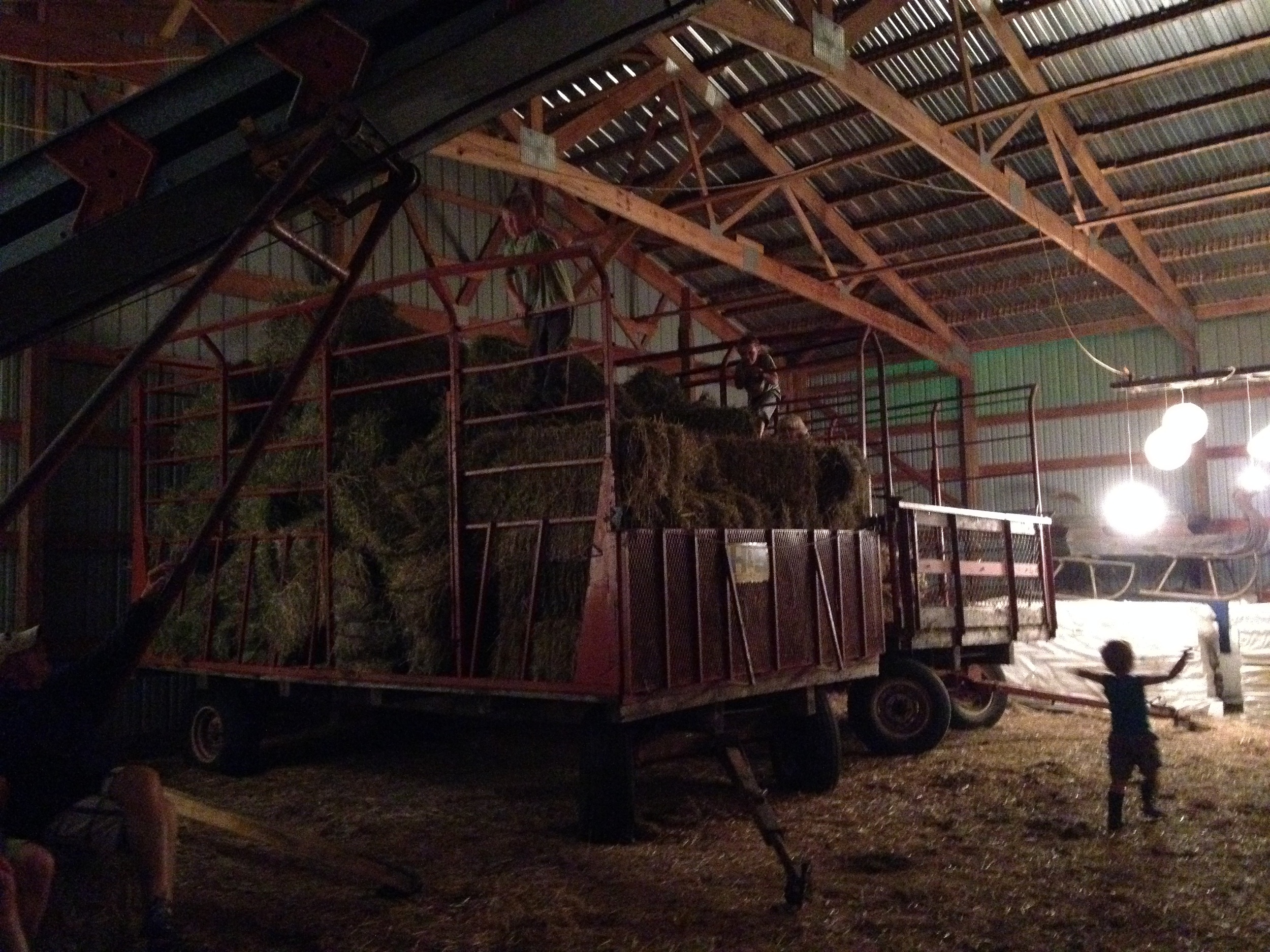
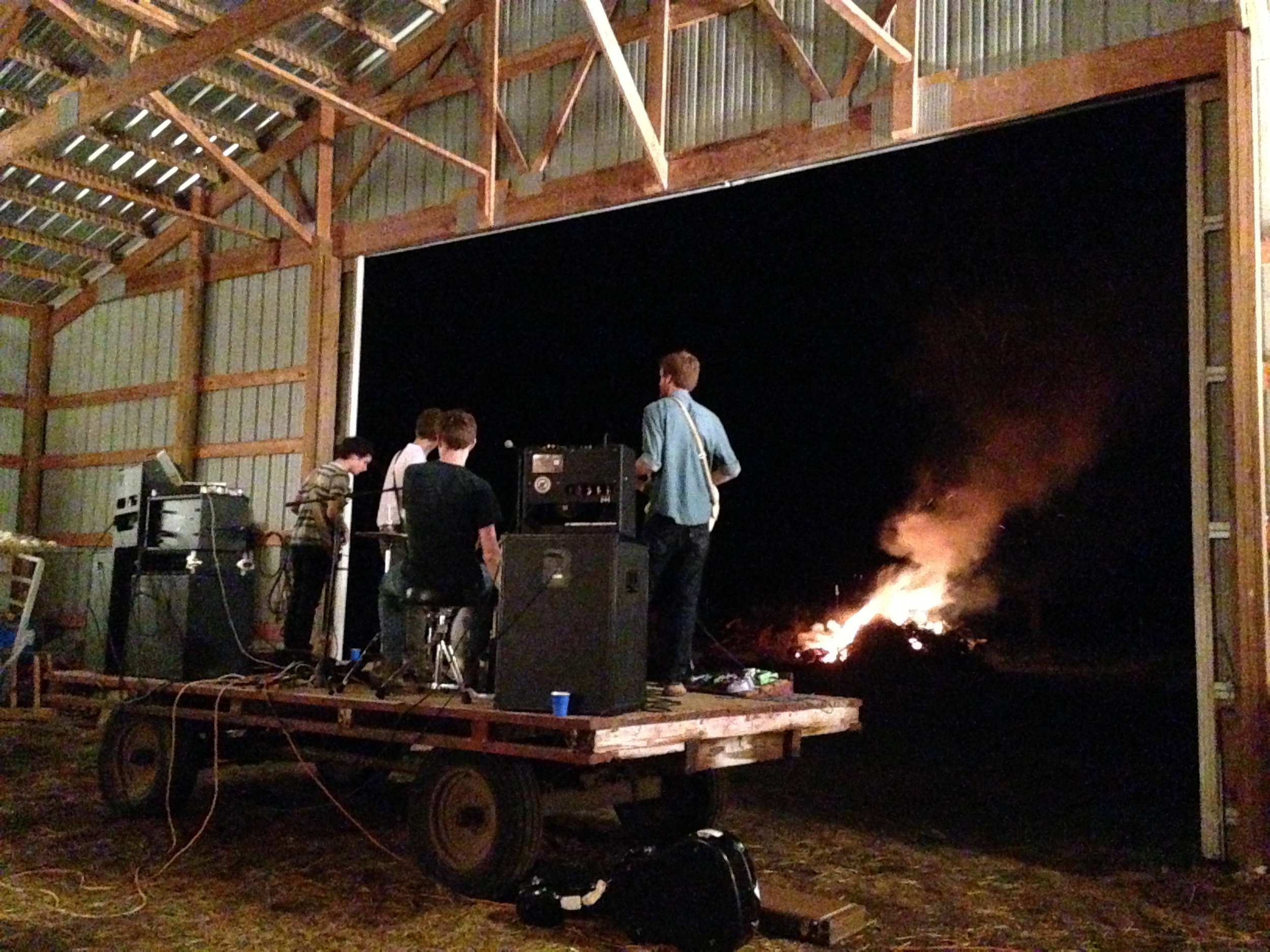
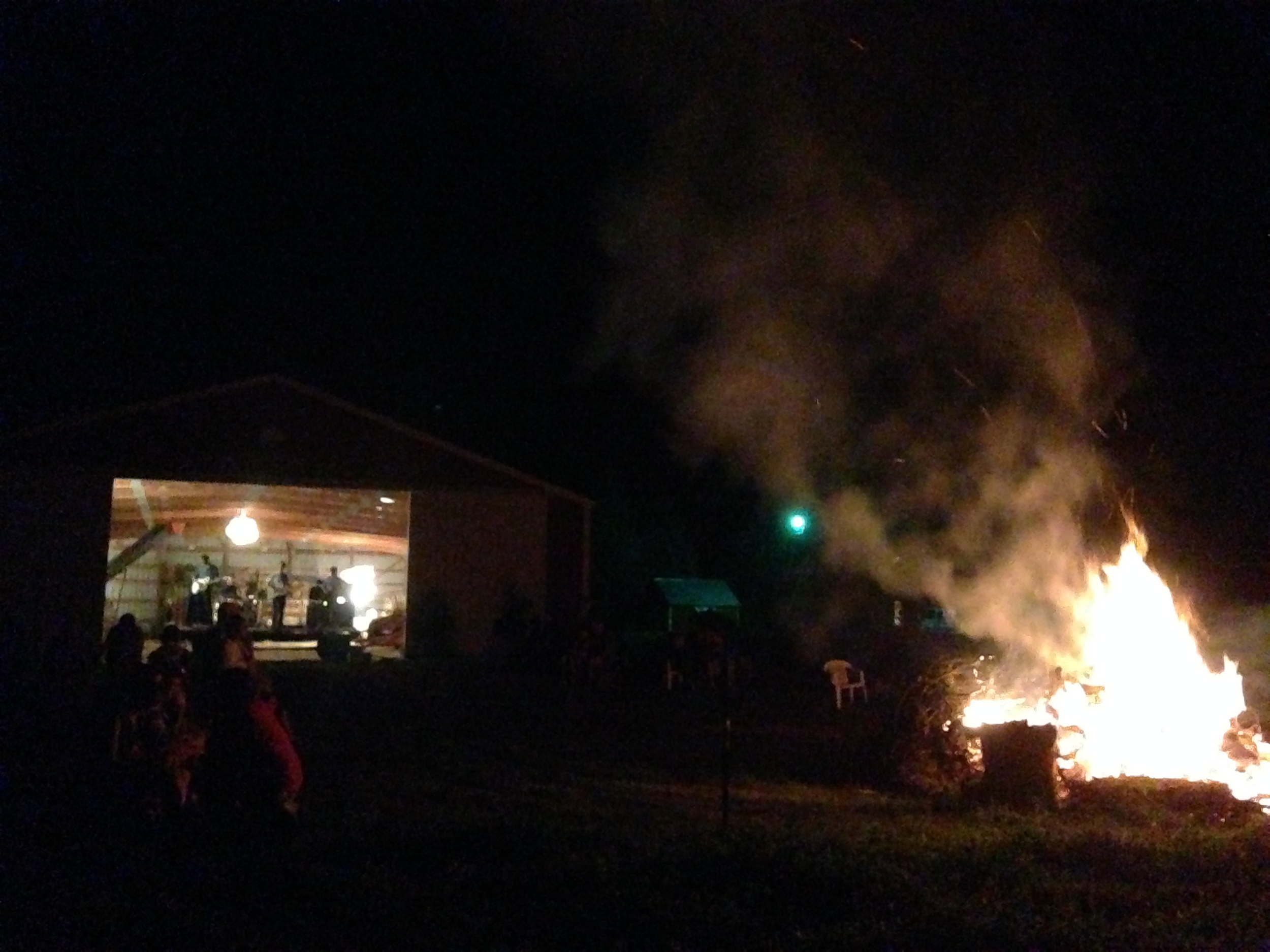

So with the successful completion of the farm feast, I only have one week left in the crazy whirlwind month that has been August. Judging by my Facebook feed, this seems to be a very popular time to move. I helped two friends with some very heavy hobbies move up some stairs today, and I’m also moving this Tuesday, though my continued vagabond existence means that I don’t have more than a carload of stuff to cart over. My international charges arrive on Saturday, which just happens to also be the day that a very good friend and former roommate is getting married in the Twin Cities, so I won’t be around for their first day in the States. But in the meantime, I have to get myself moved, the house prepared, the kitchen stocked, meet the teachers, see off a friend, and get myself to and from Minneapolis. I still have all of my farm duties this week, but after a few crazy weeks I’ve earned a bit of leeway, and I should be able to work around it. Even though I’ll be starting a new job and be pulling double duty, I think September might be a little easier than August has been. (Also, maybe the ragweed with stop blooming at some point.)
Thinking about: lifting with the legs, time management, accumulation
Eating: see farm feast menu picture
Reading: Elizabeth Gilbert’s The Signature of All Things, Mildred Armstrong Kalish’s Little Heathens: Hard Times and High Spirits on an Iowa Farm During the Great Depression



